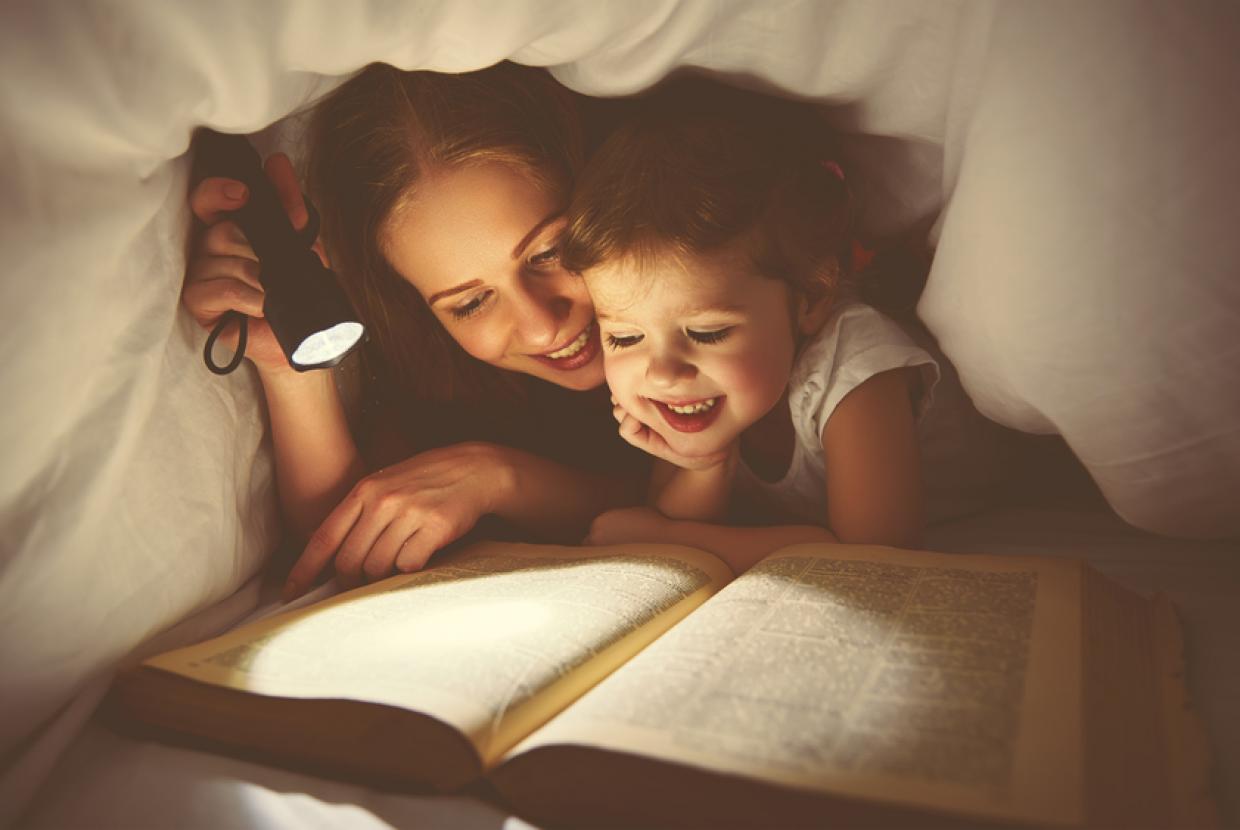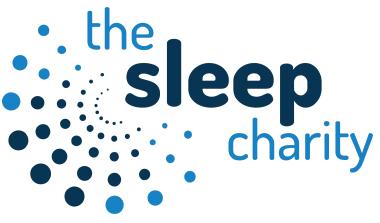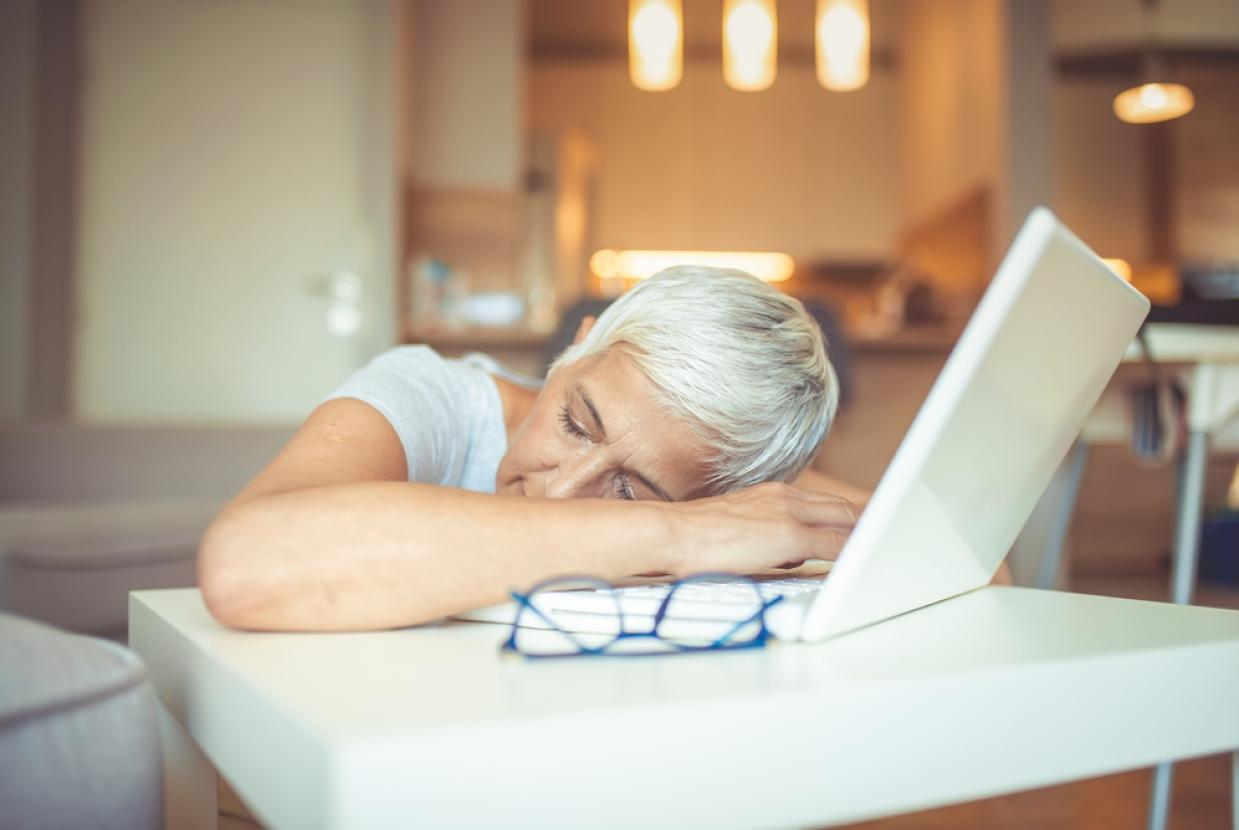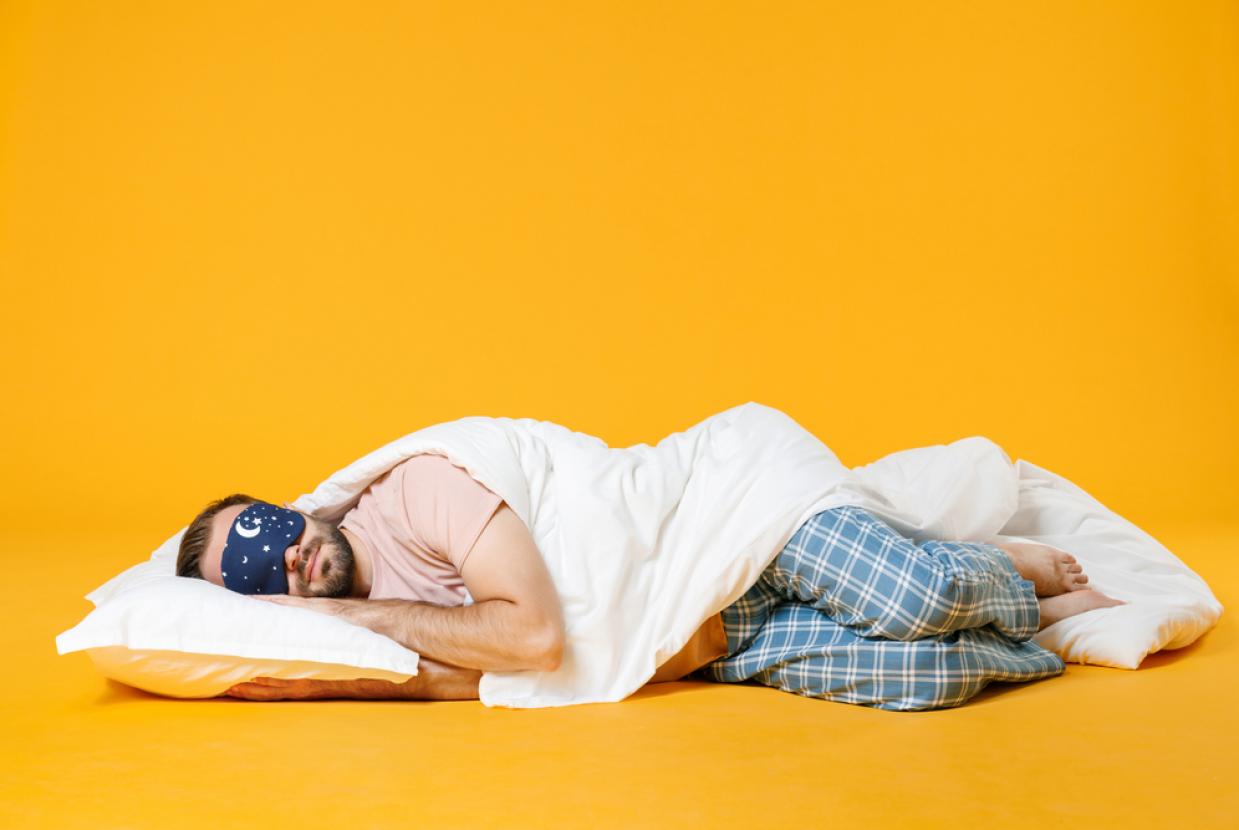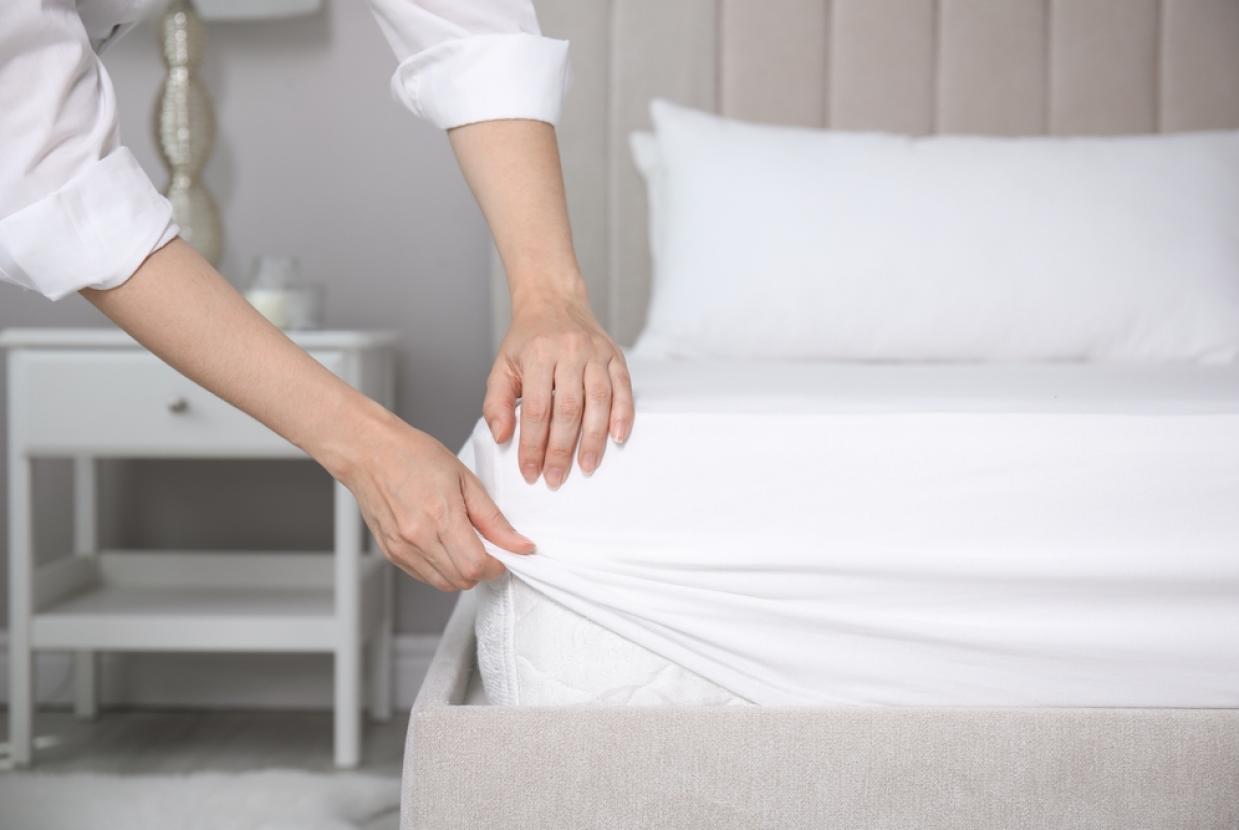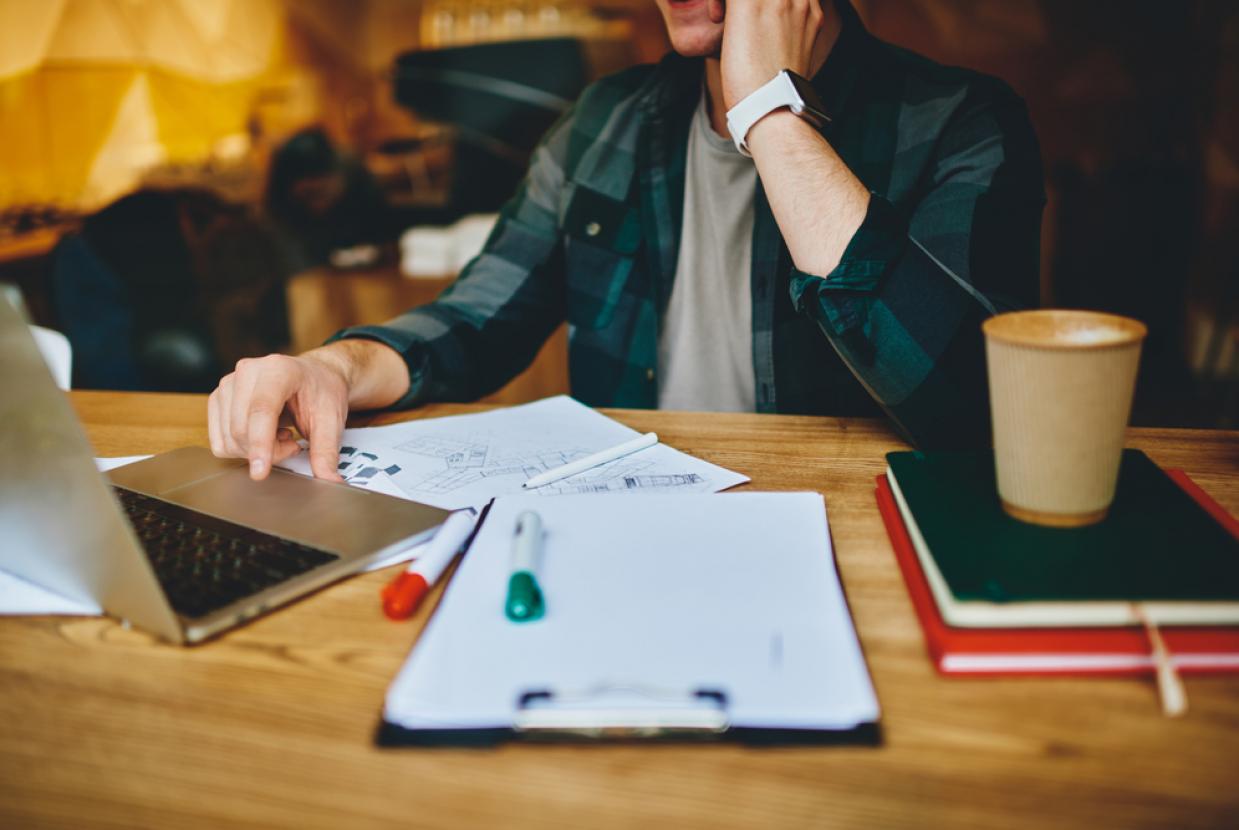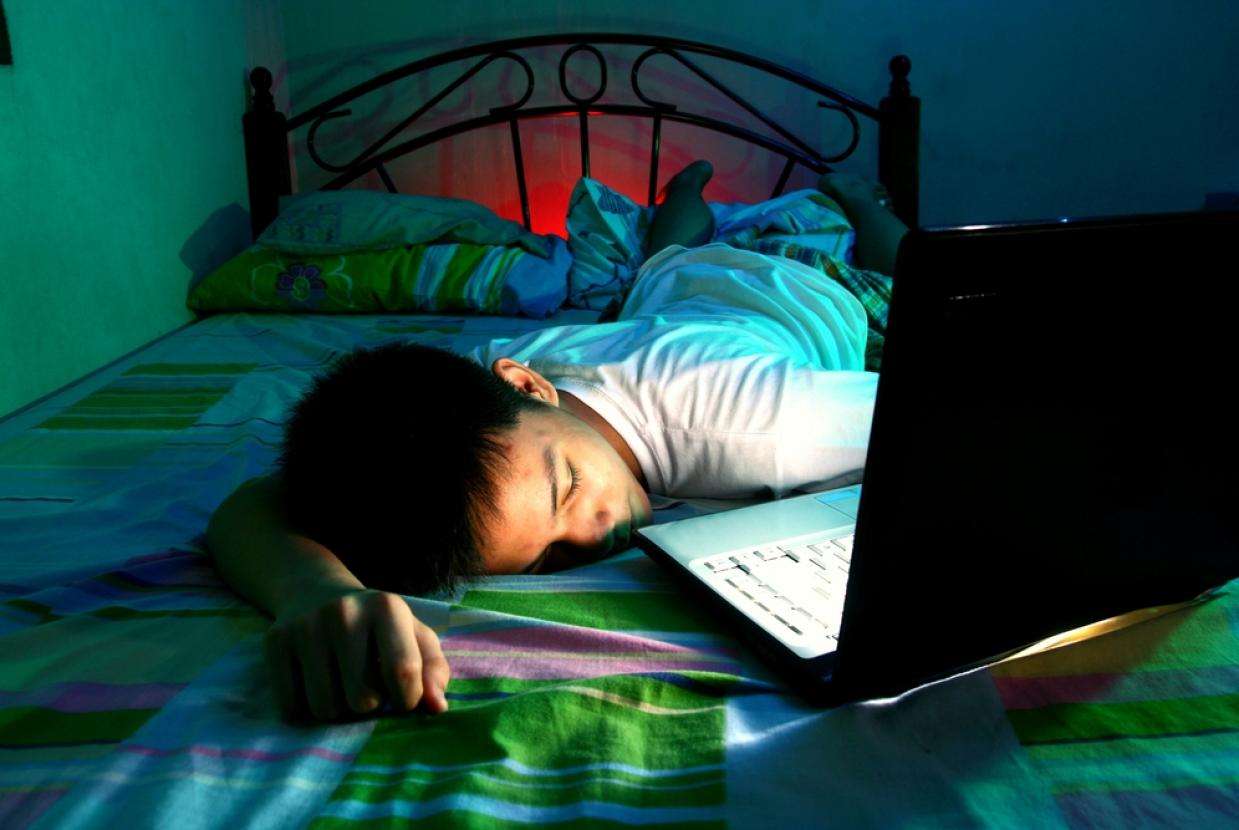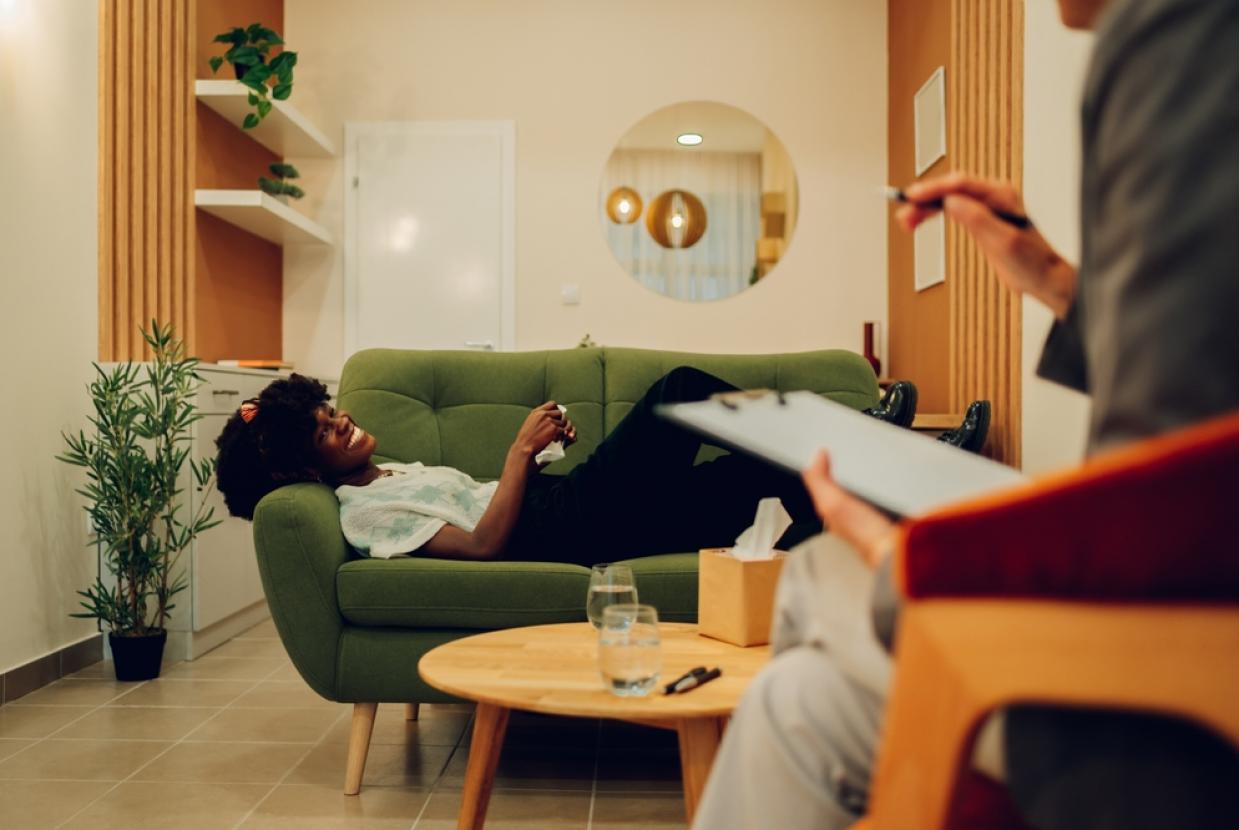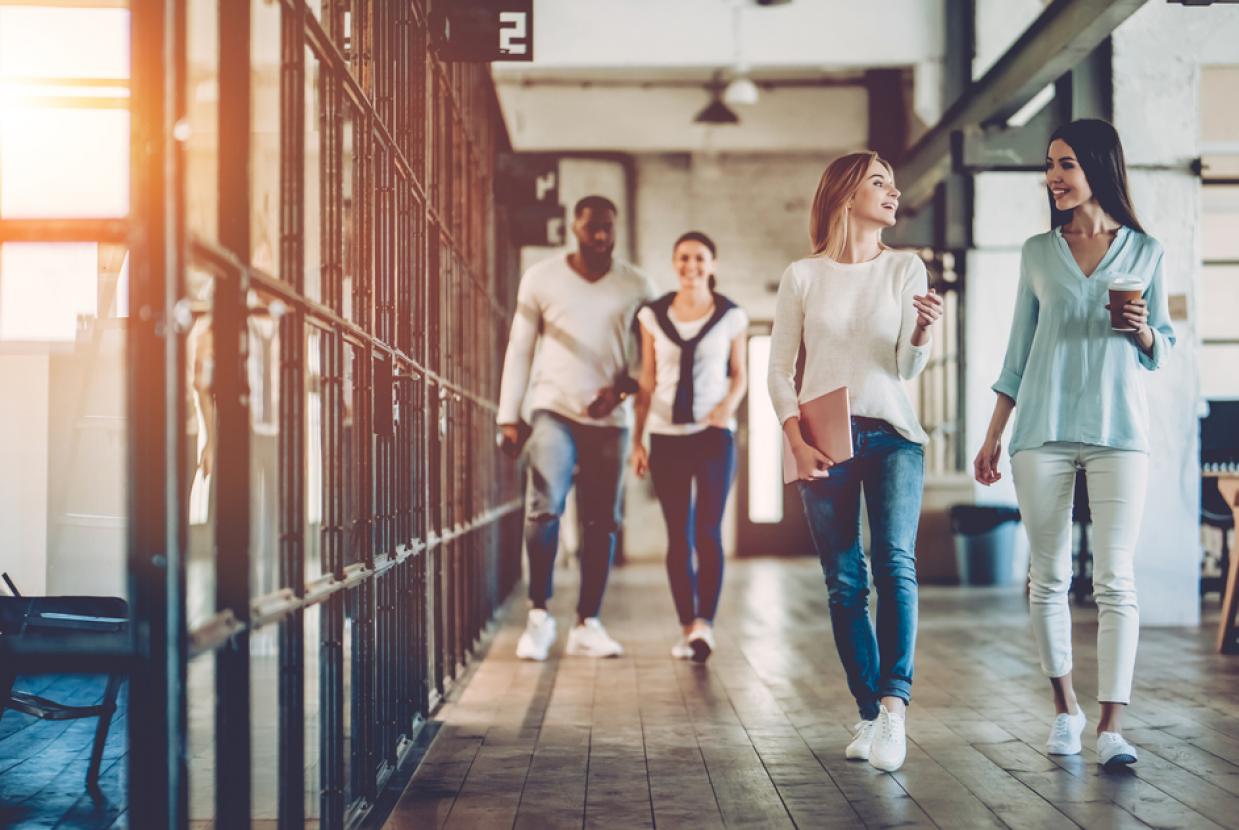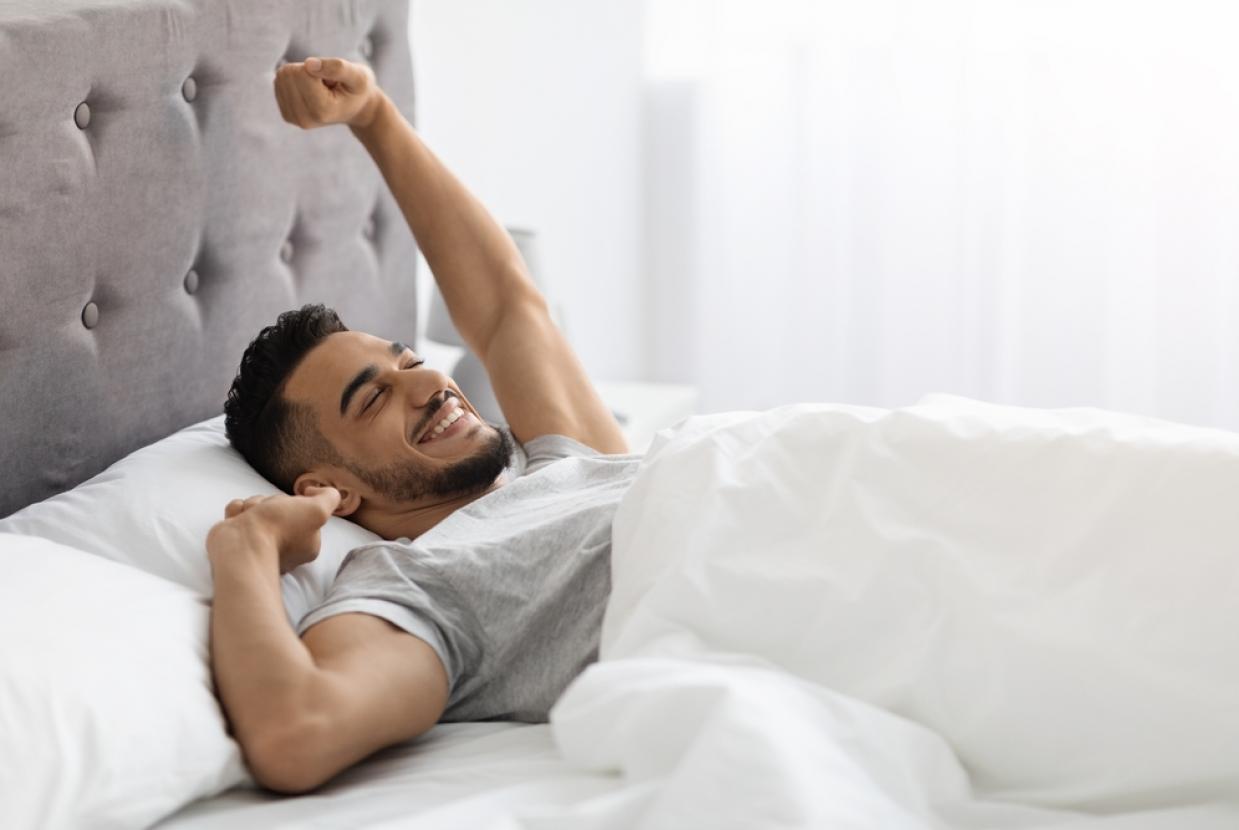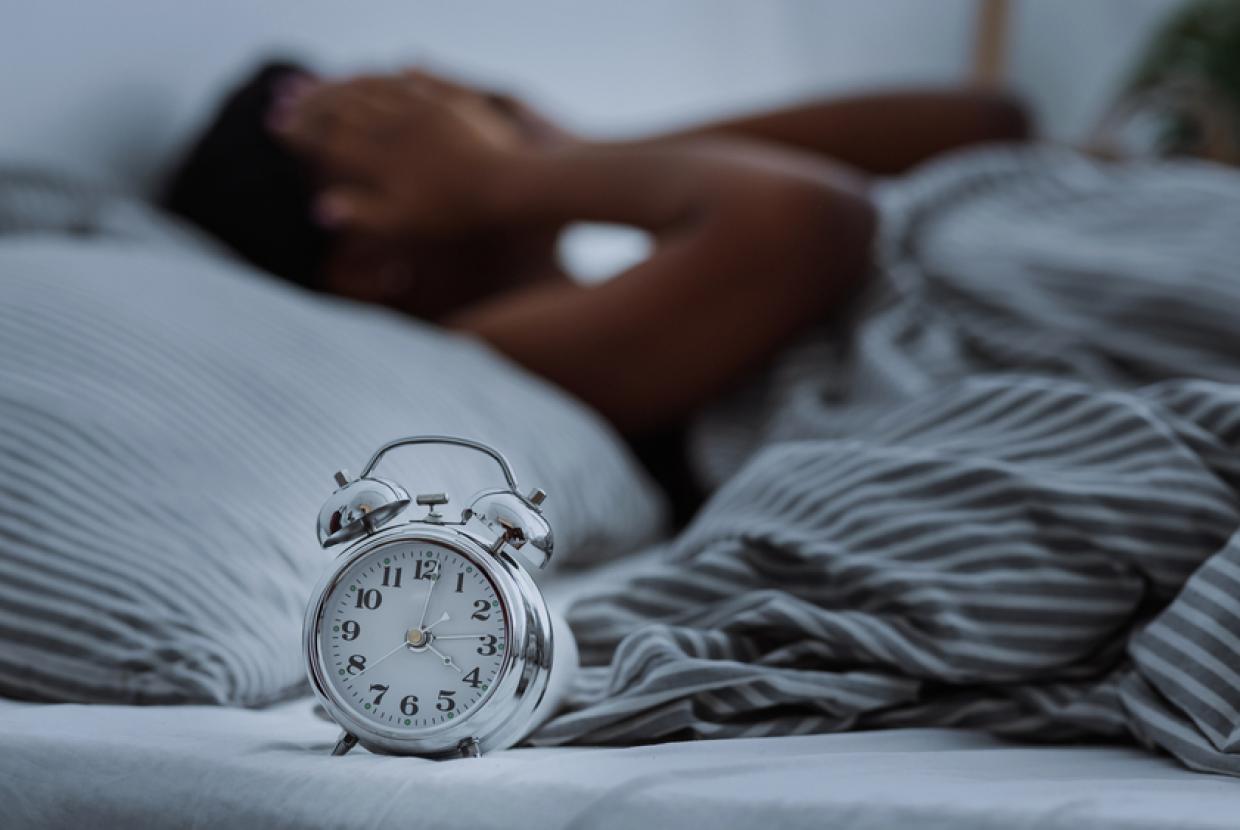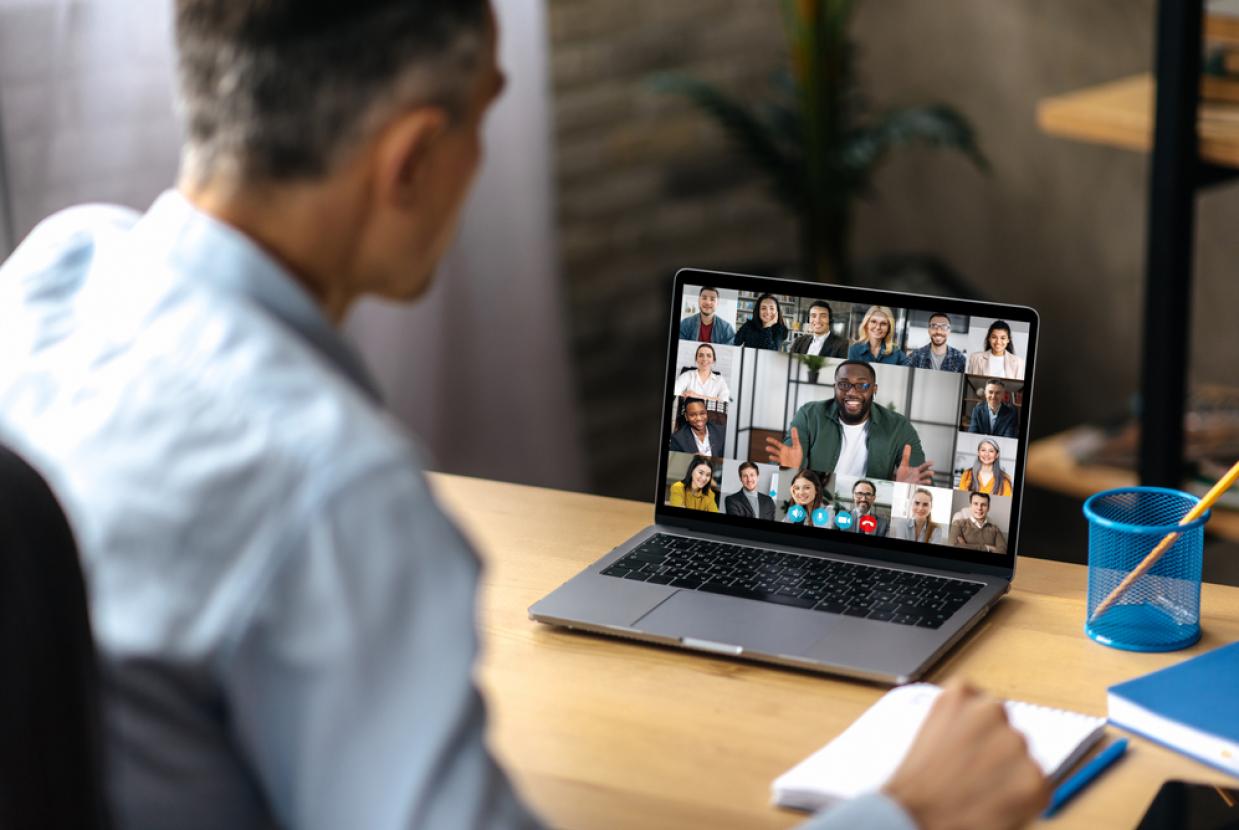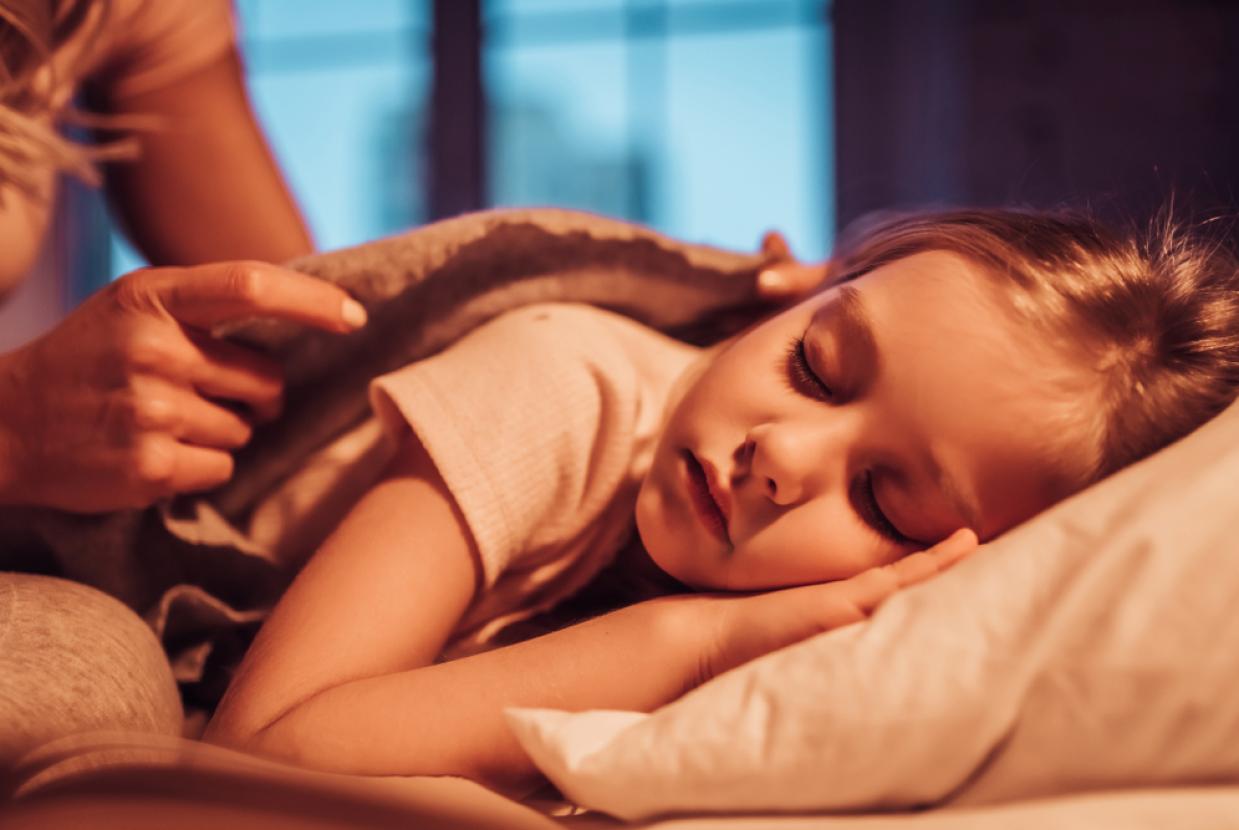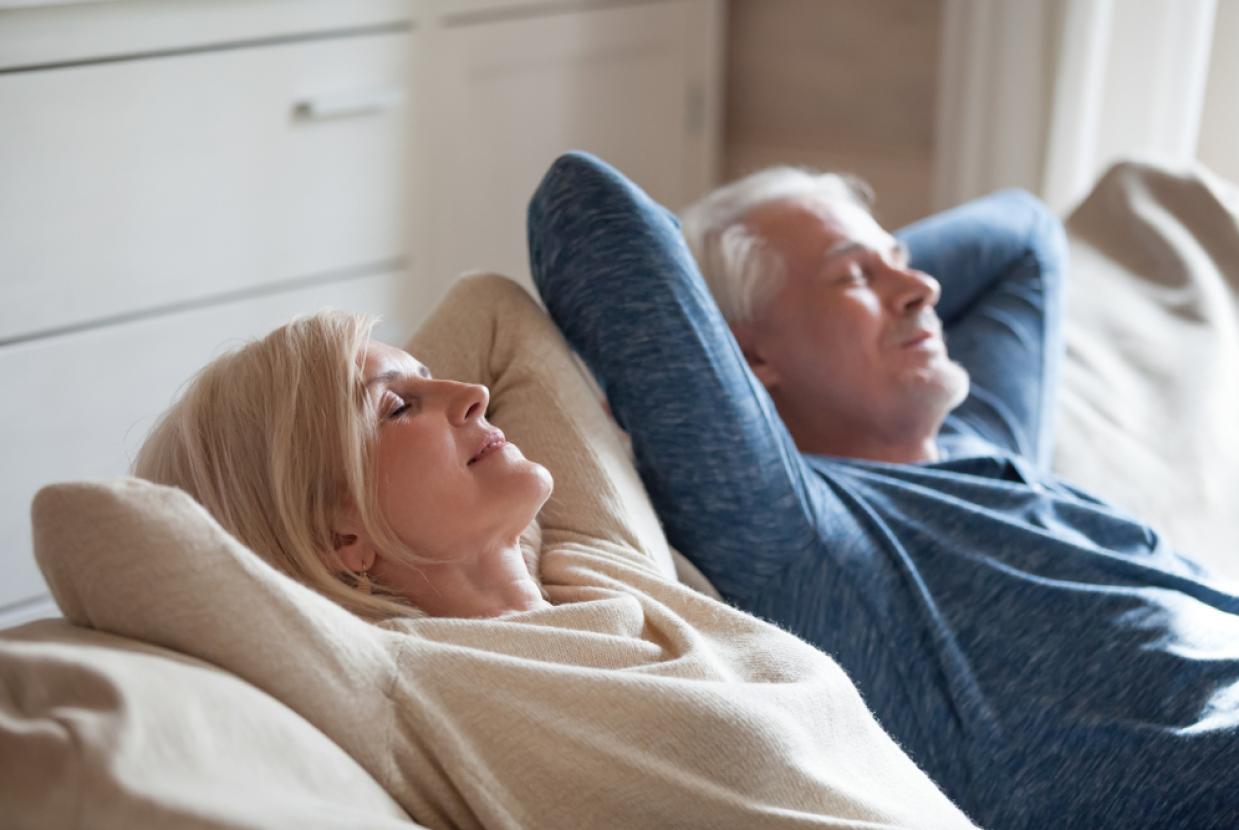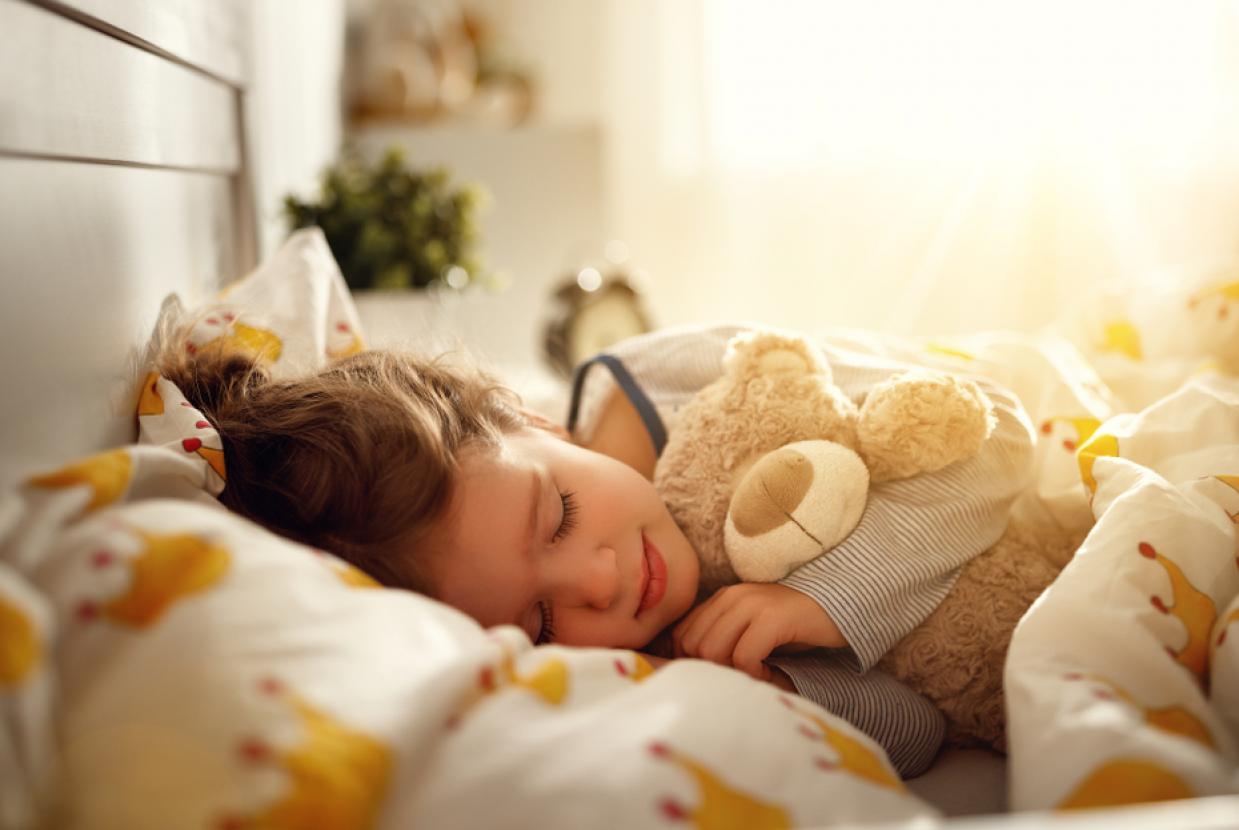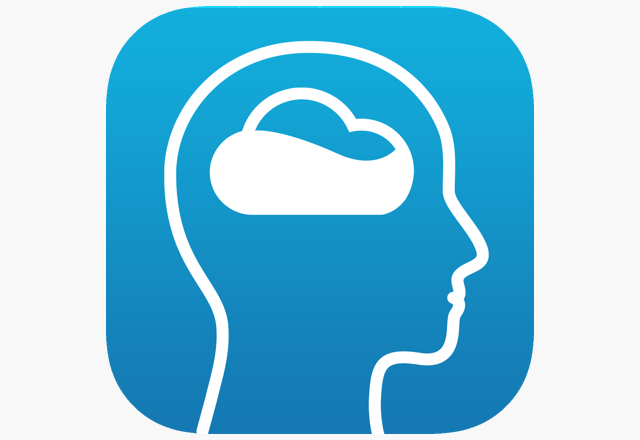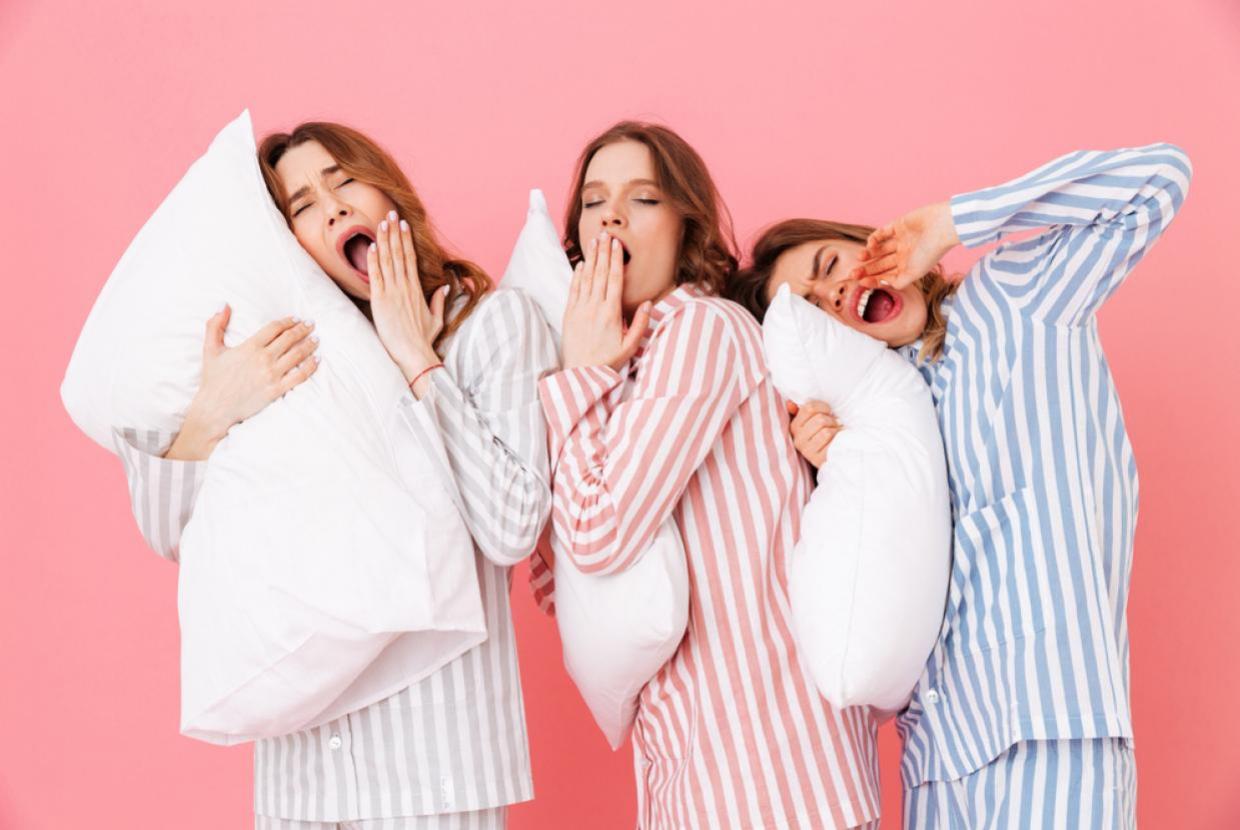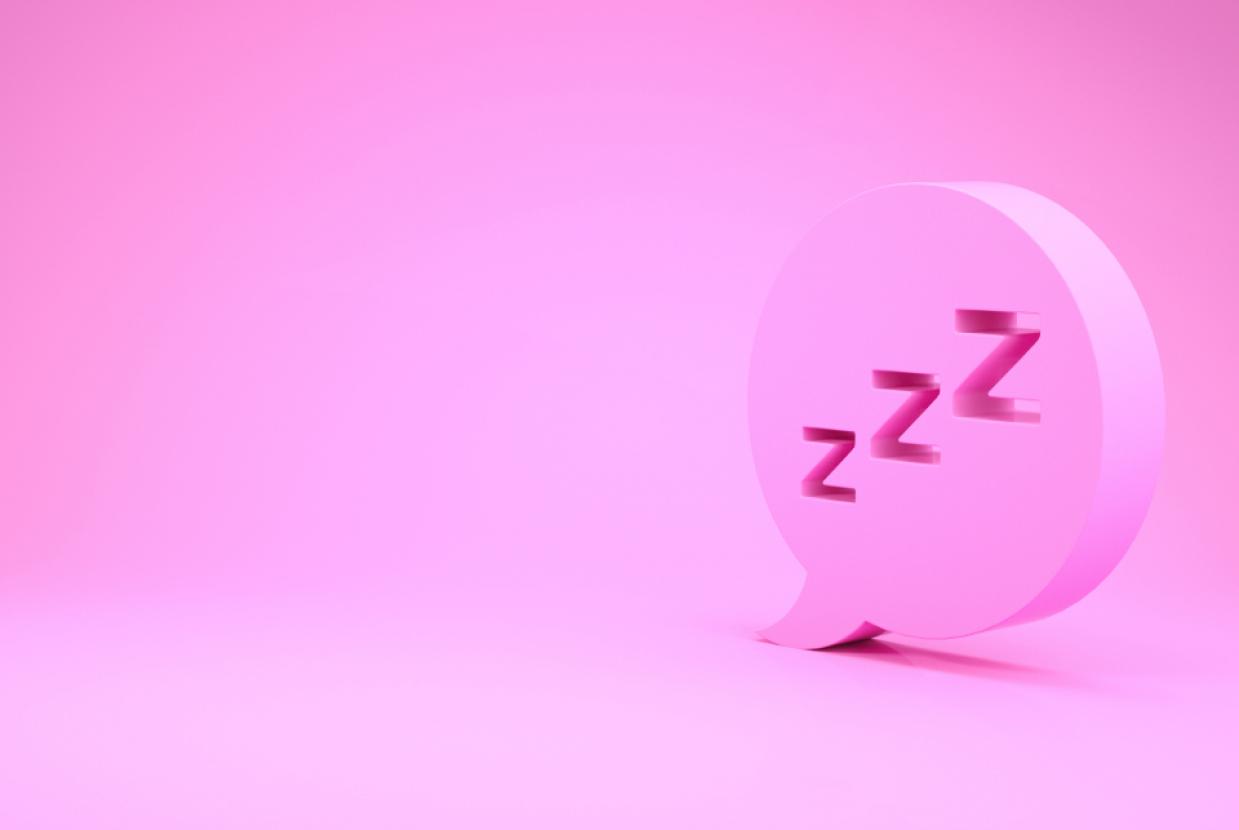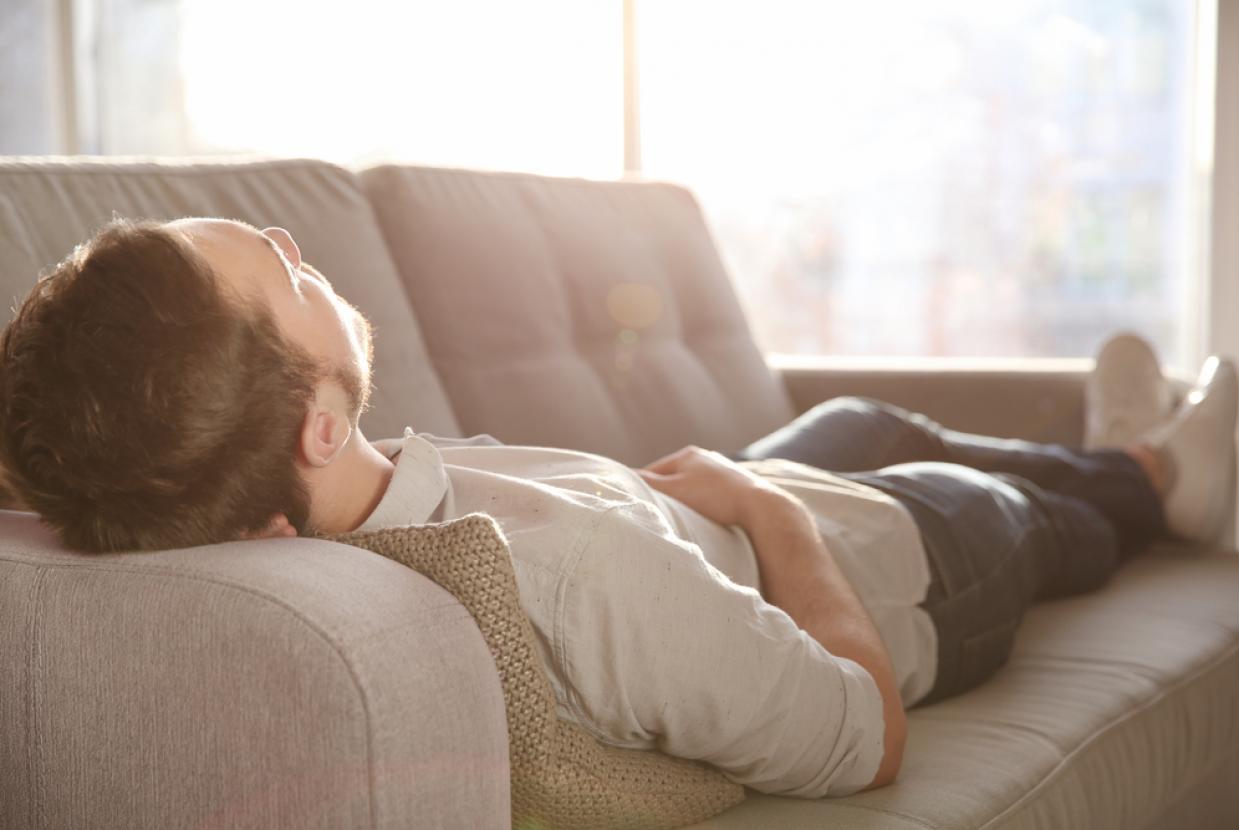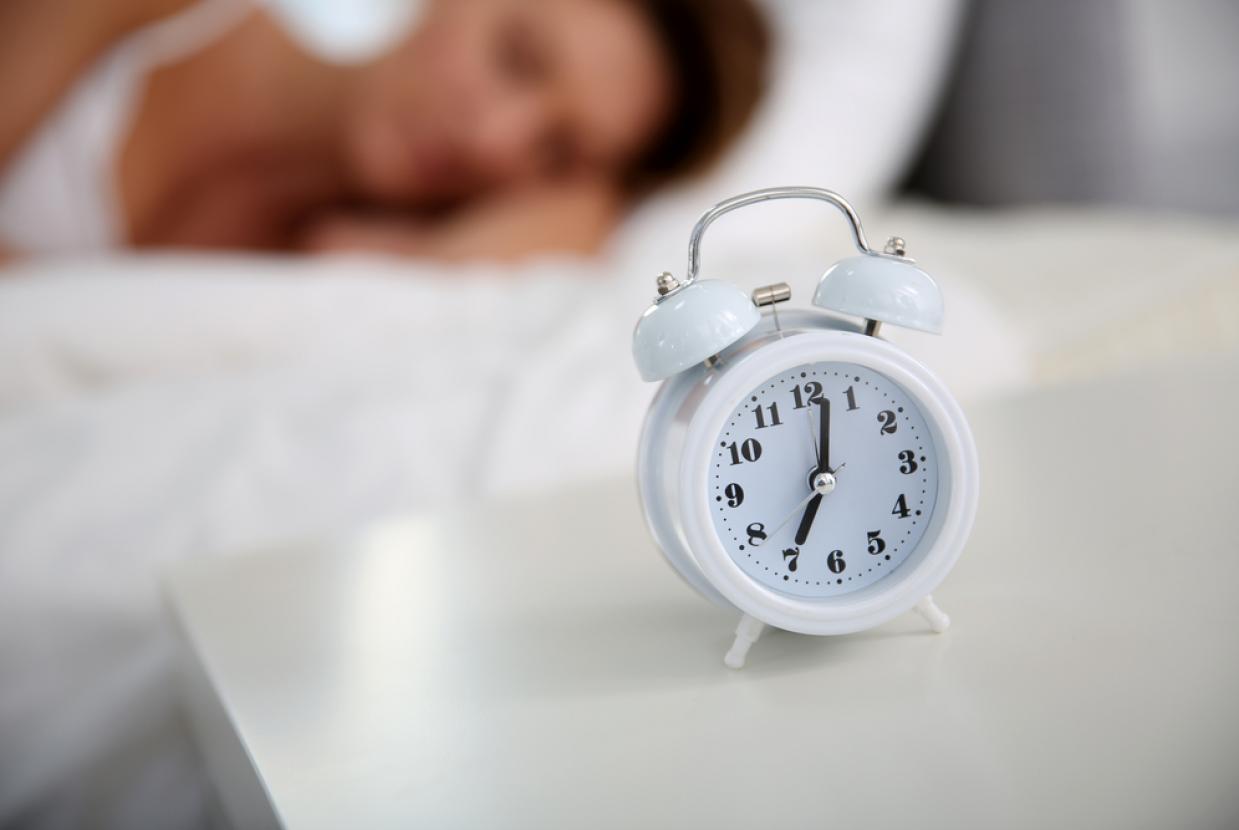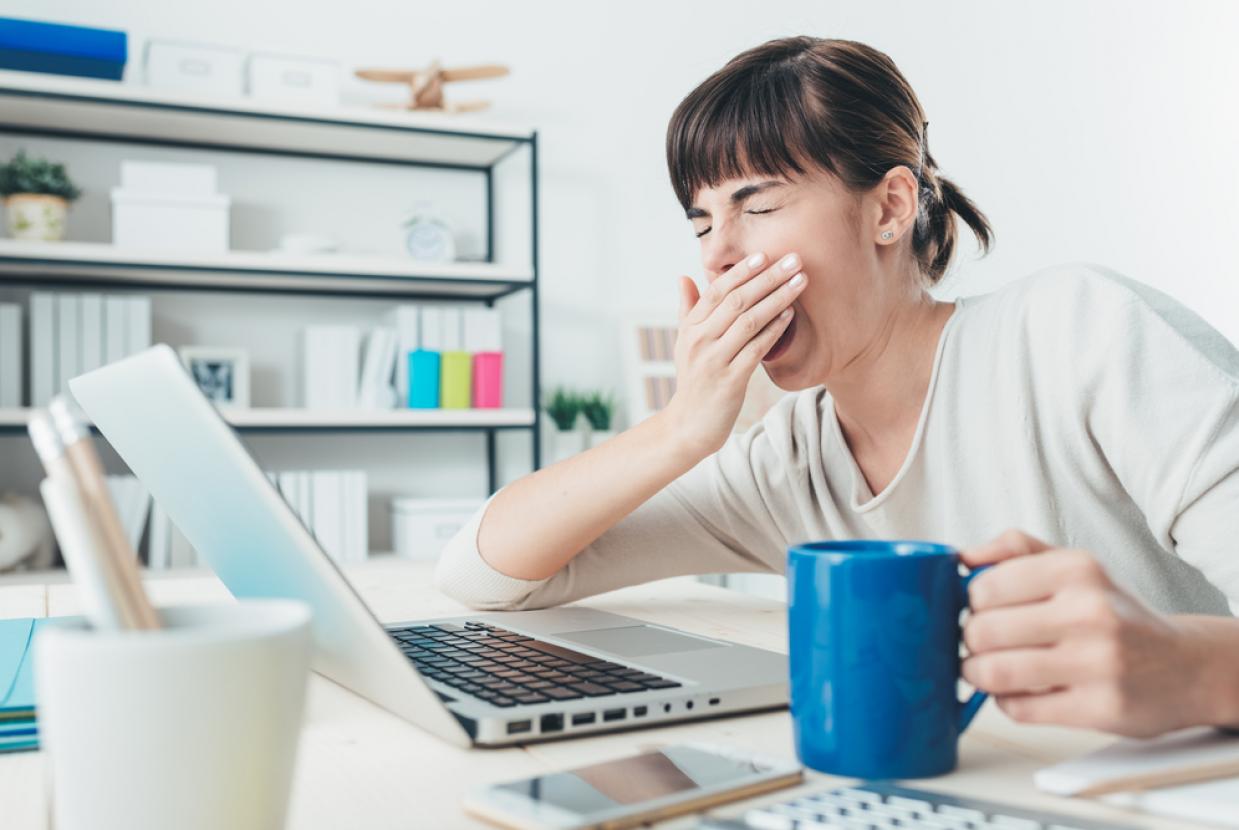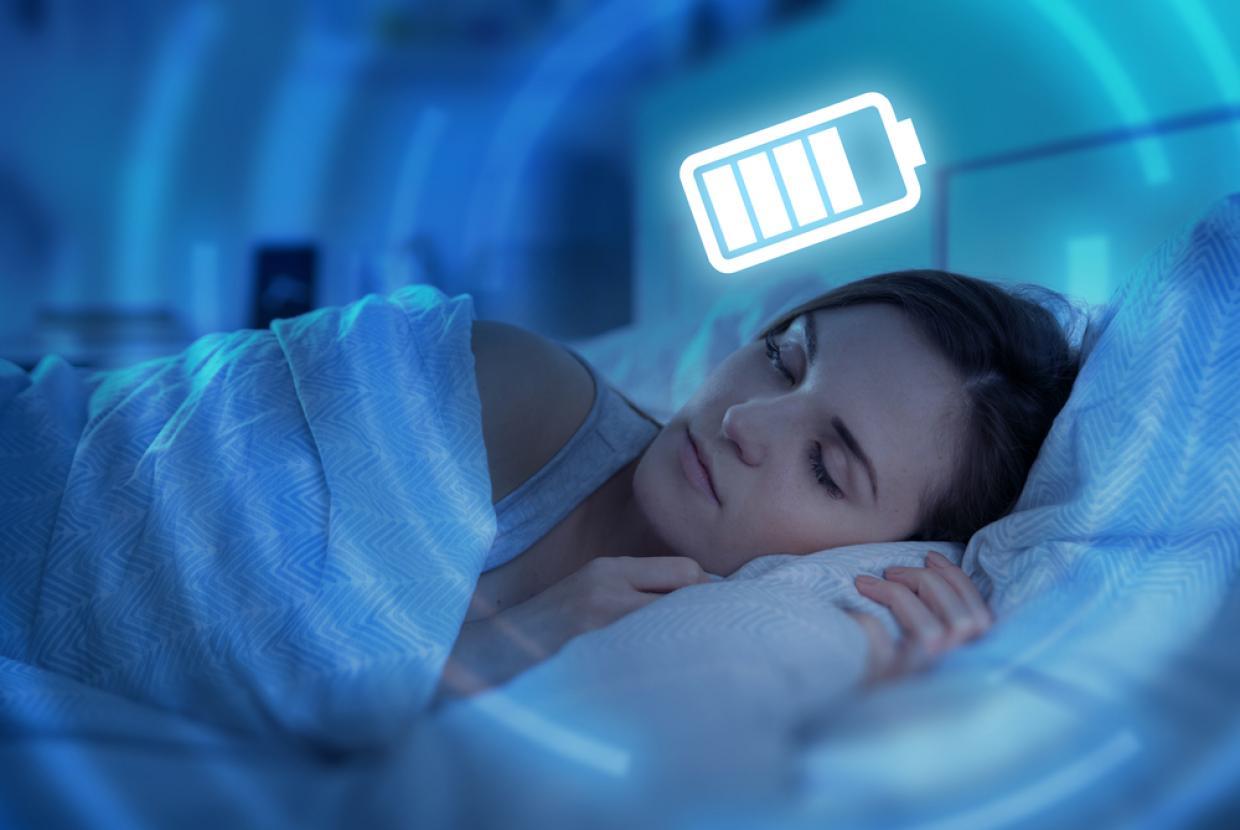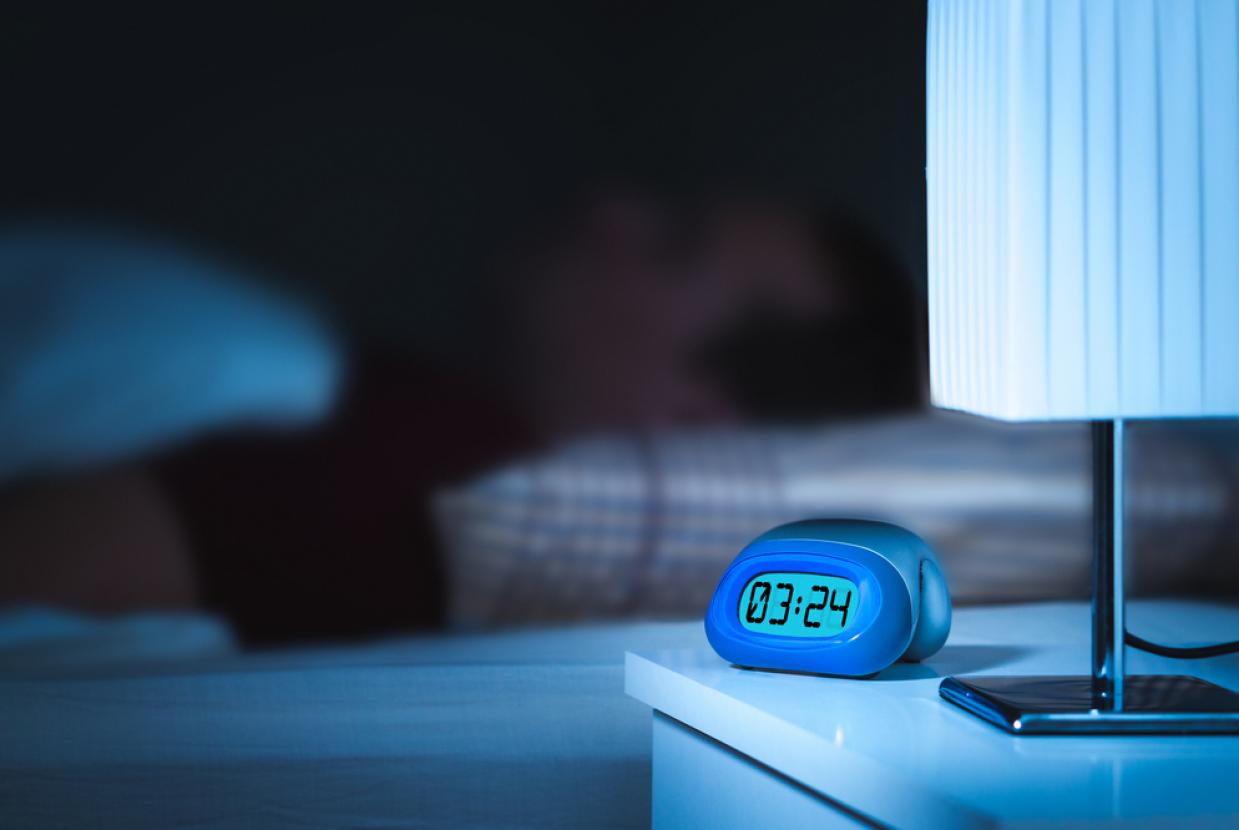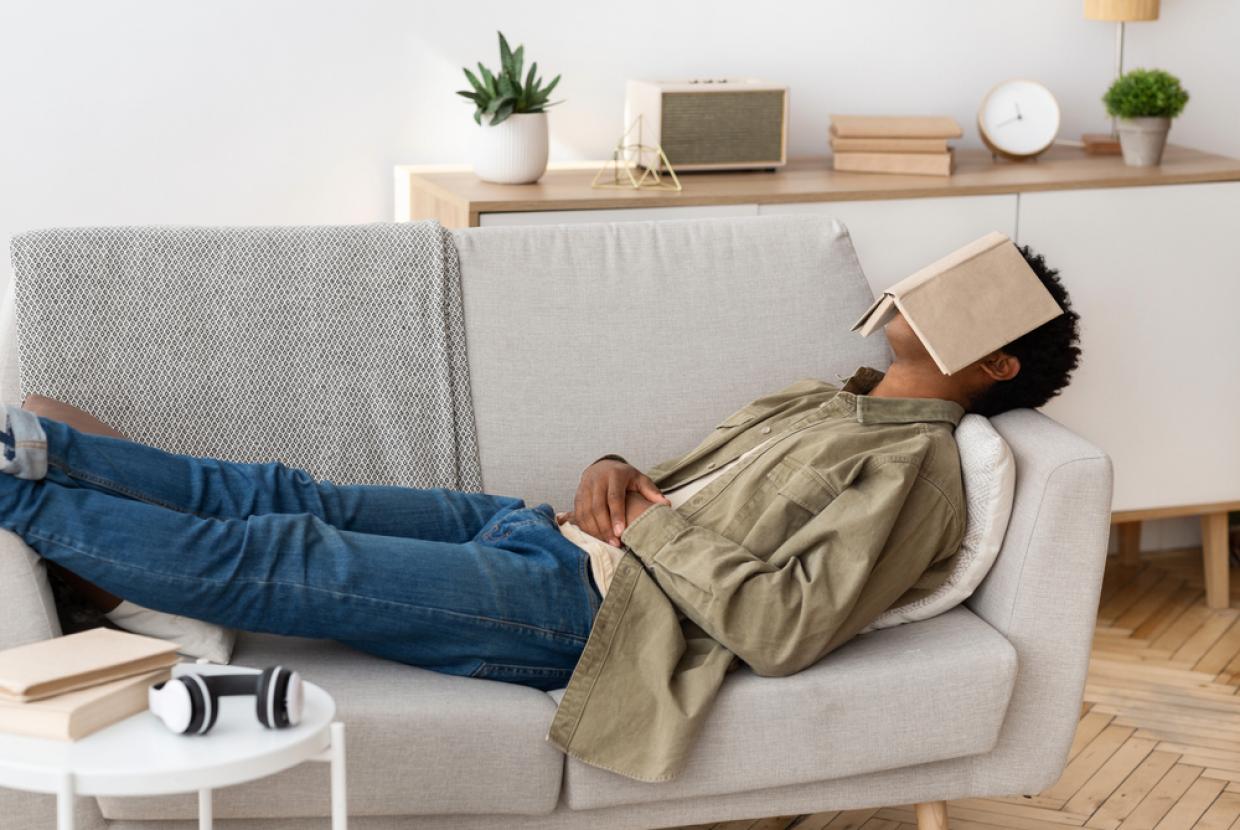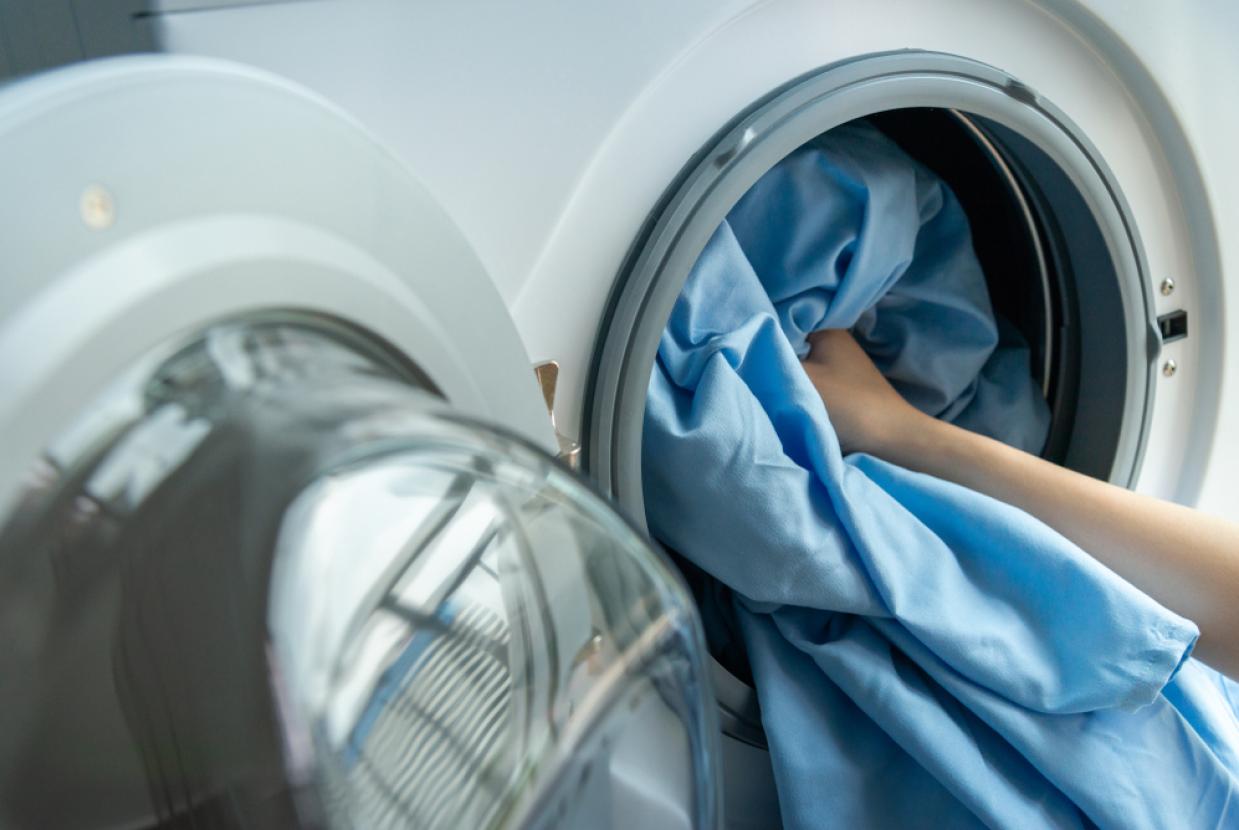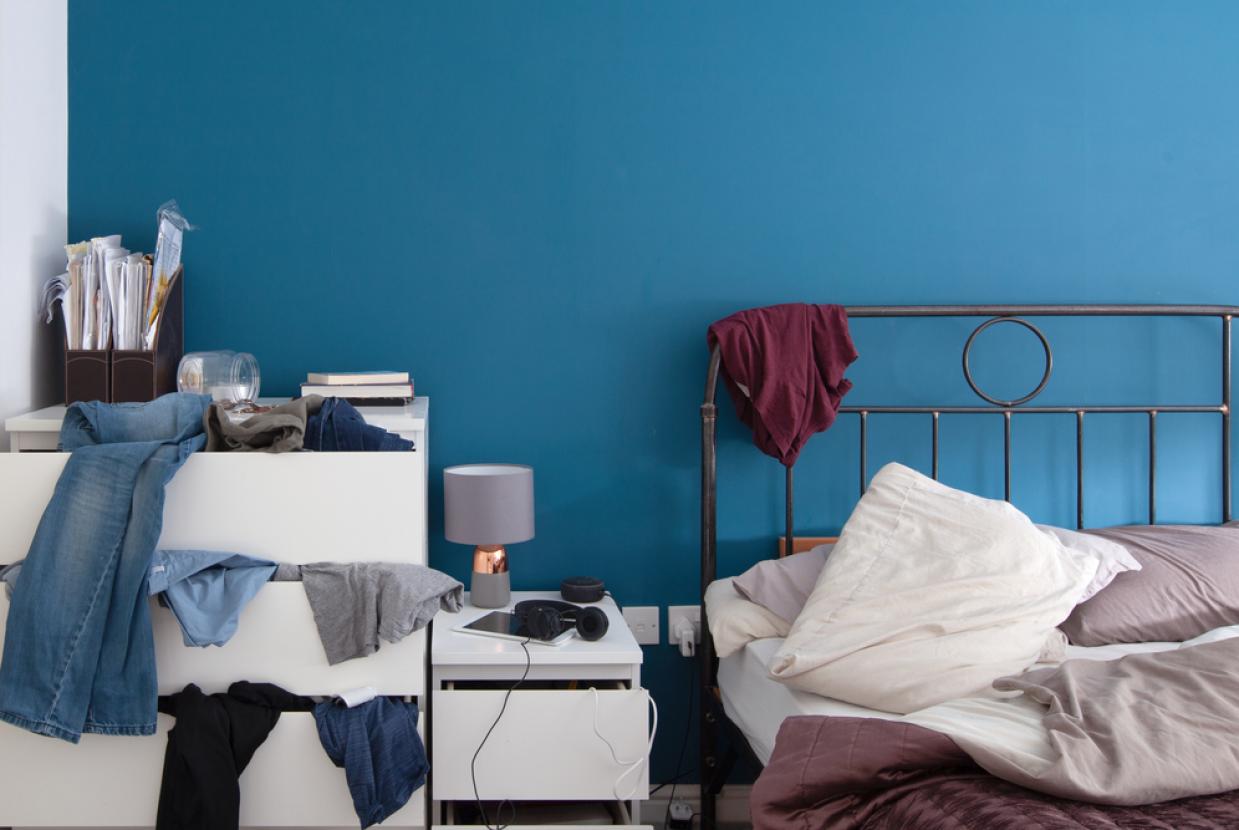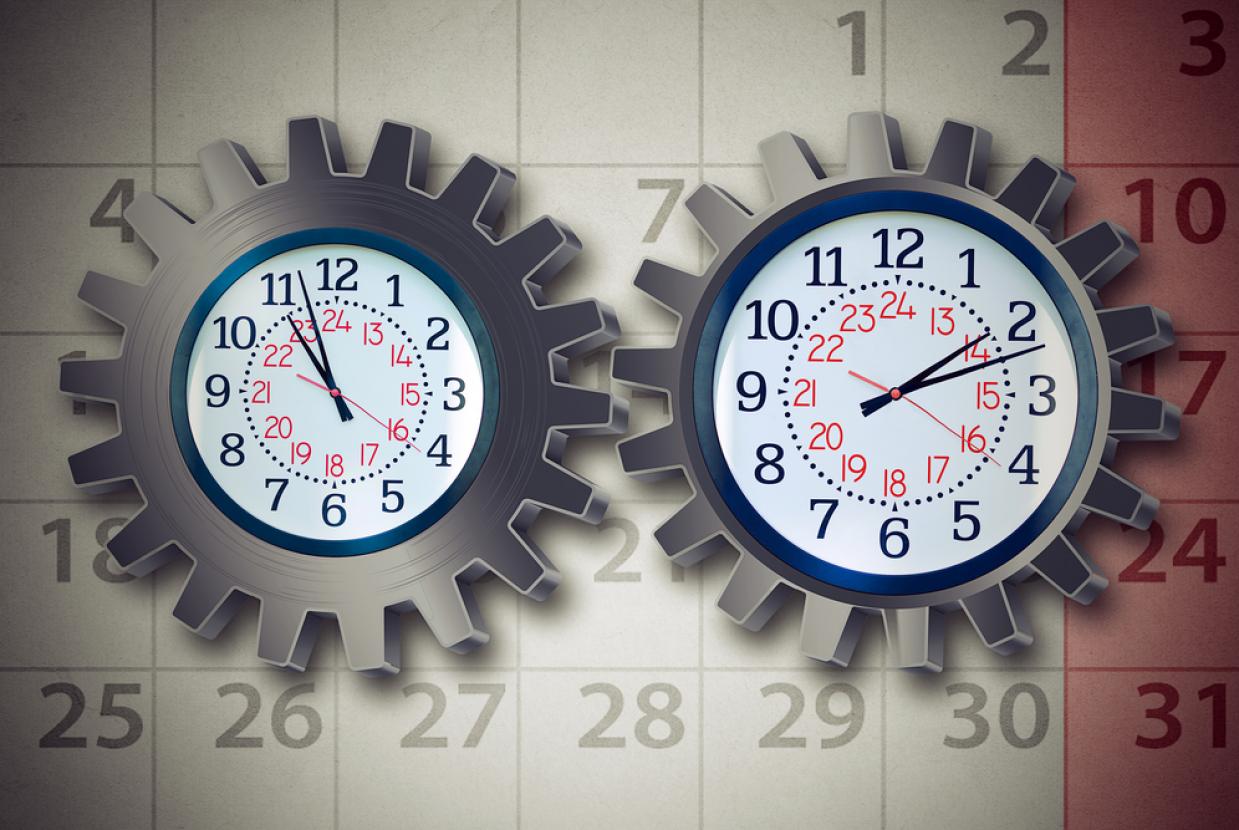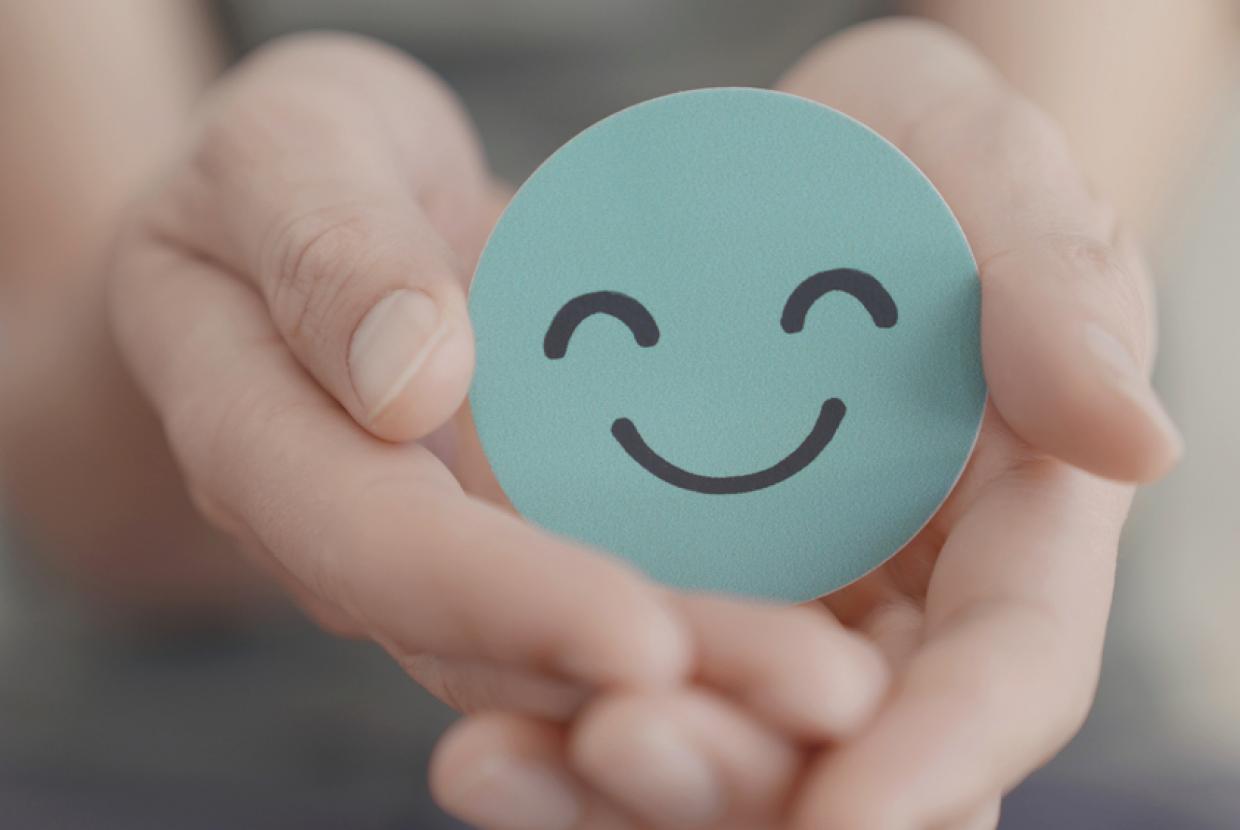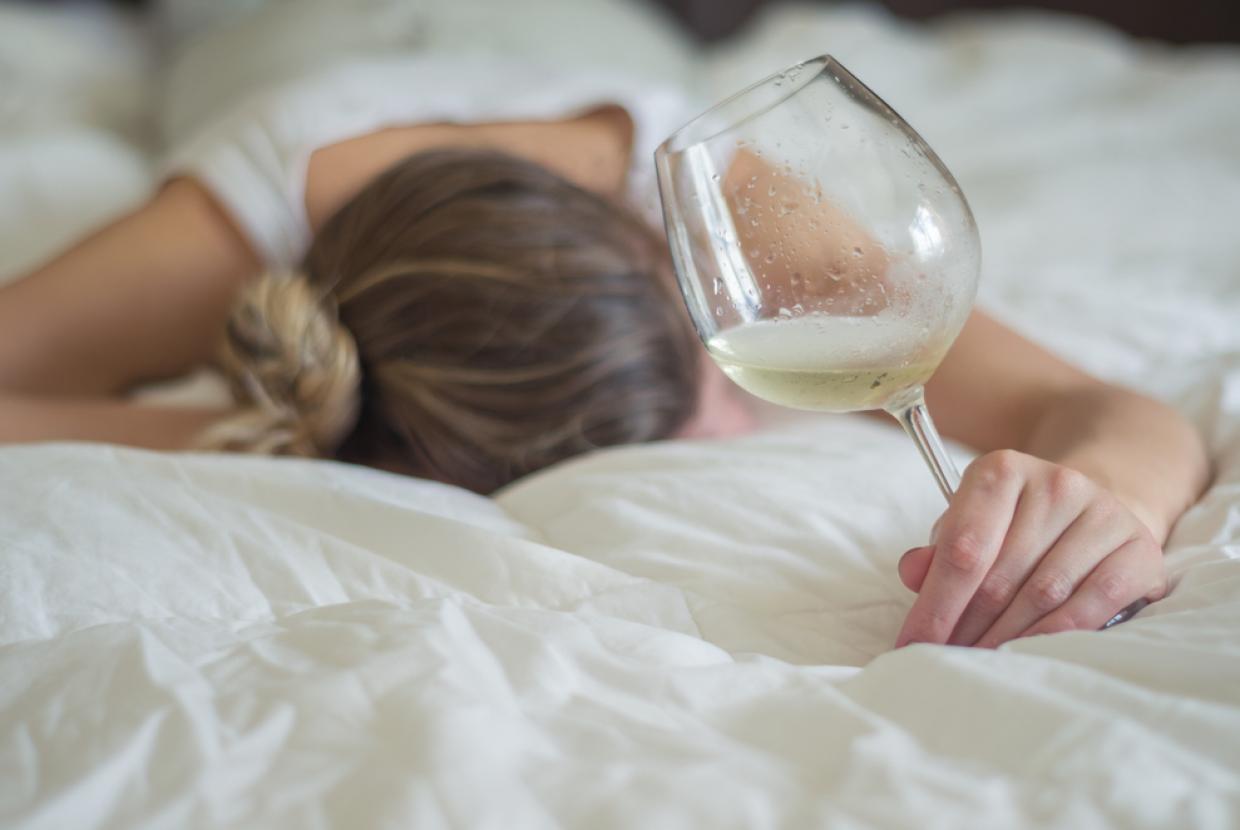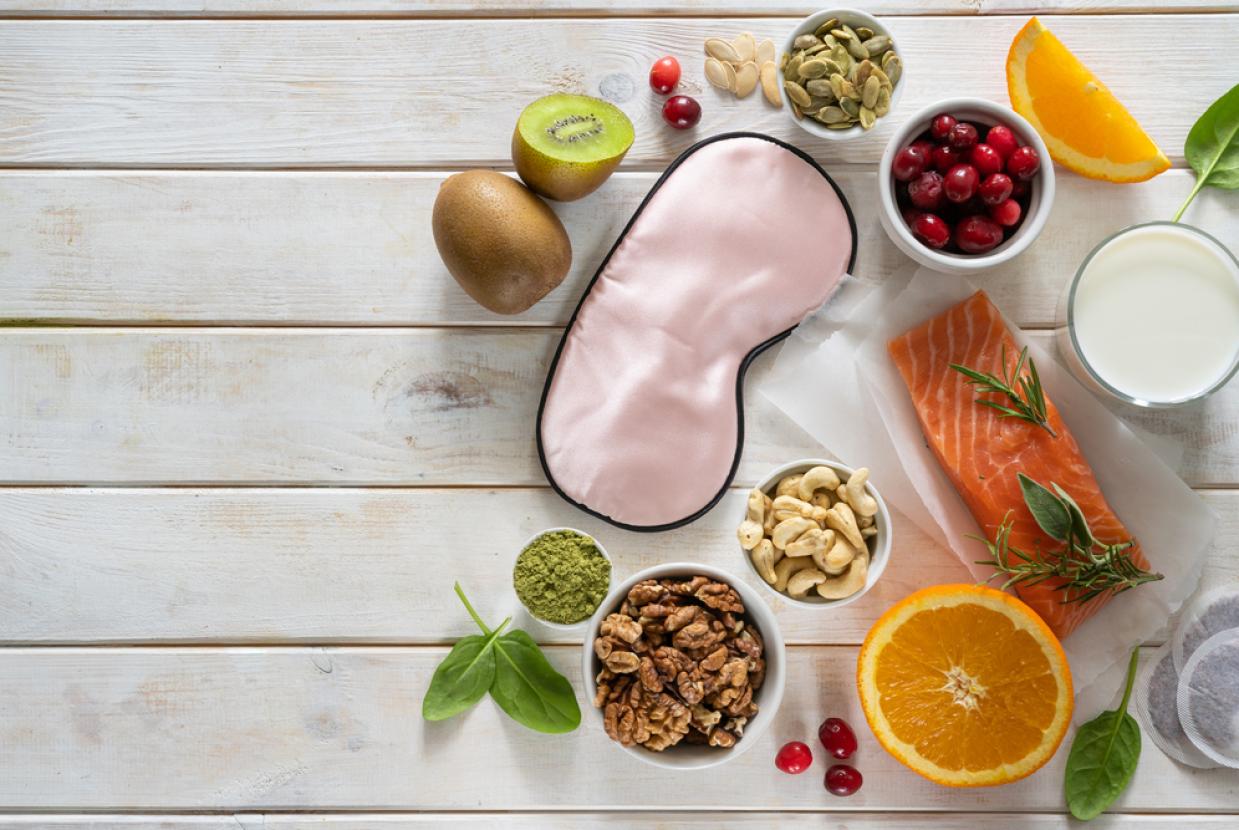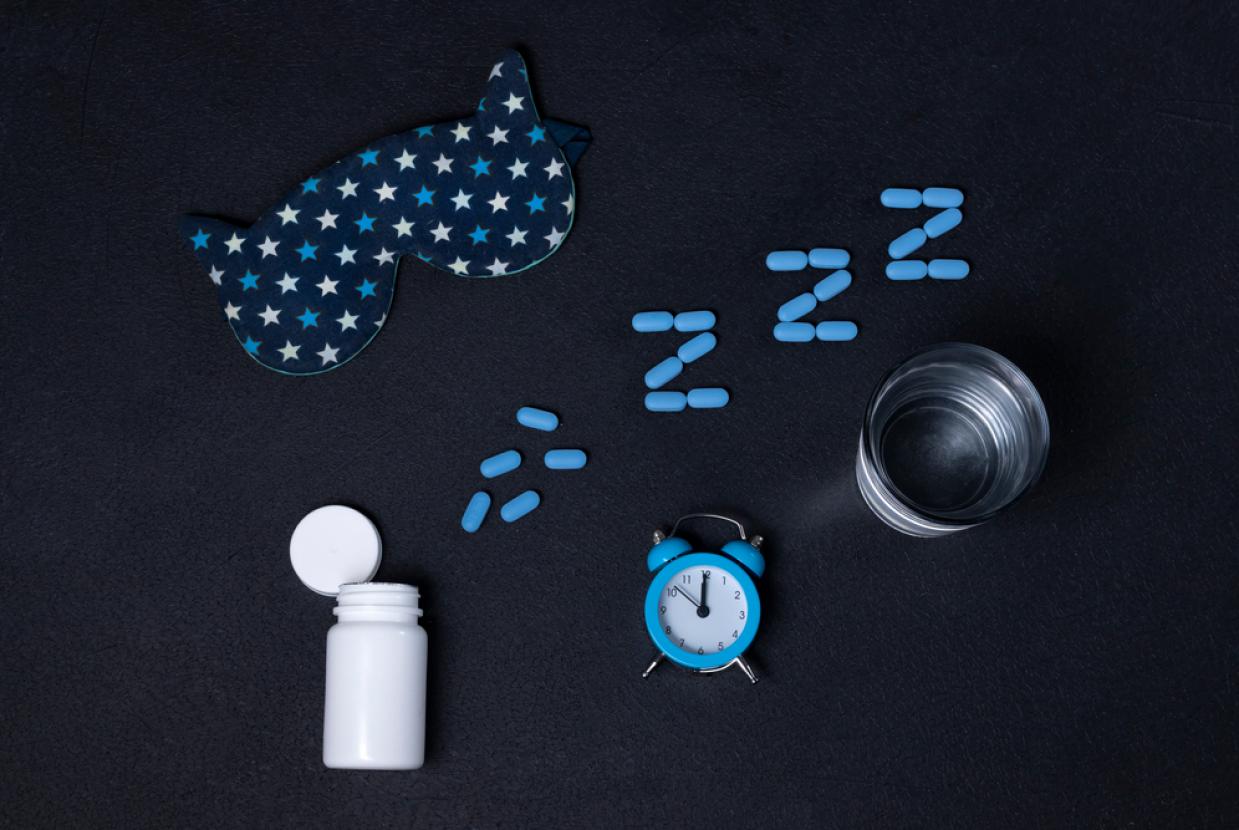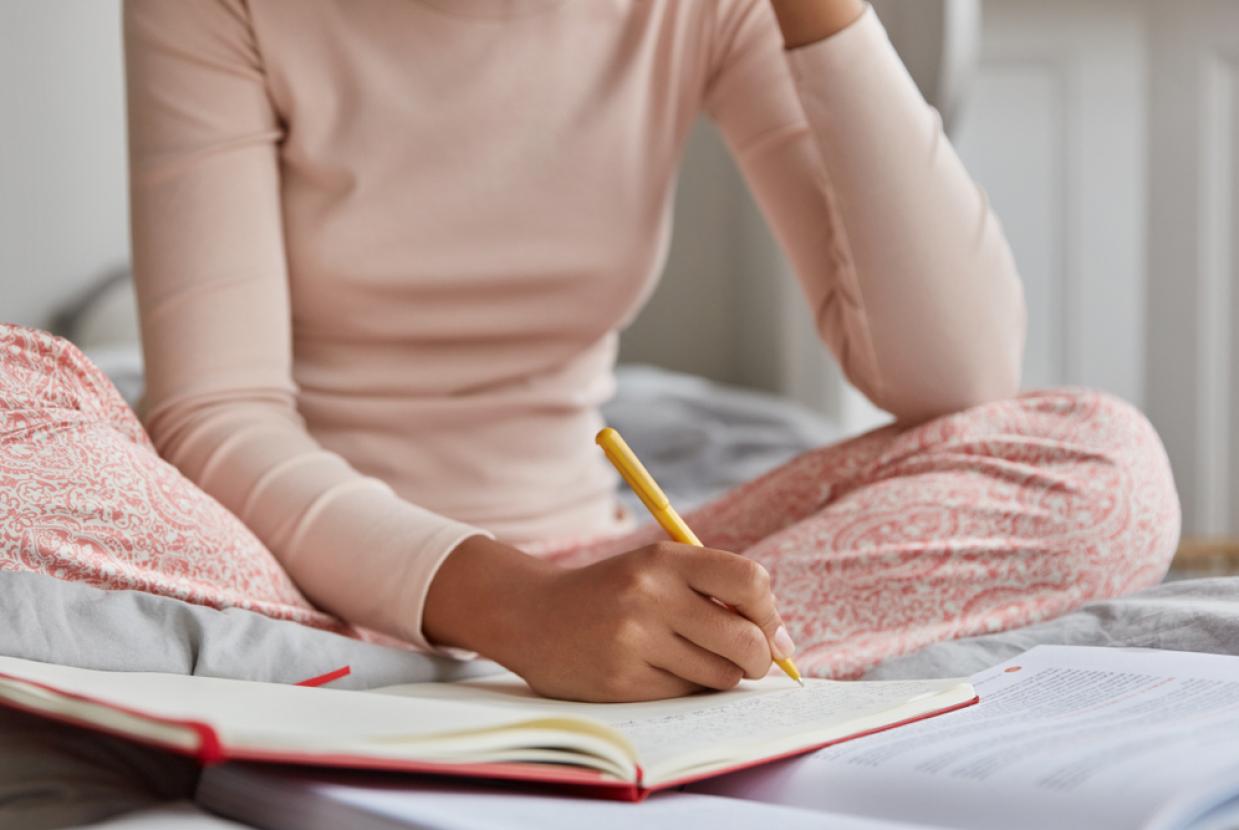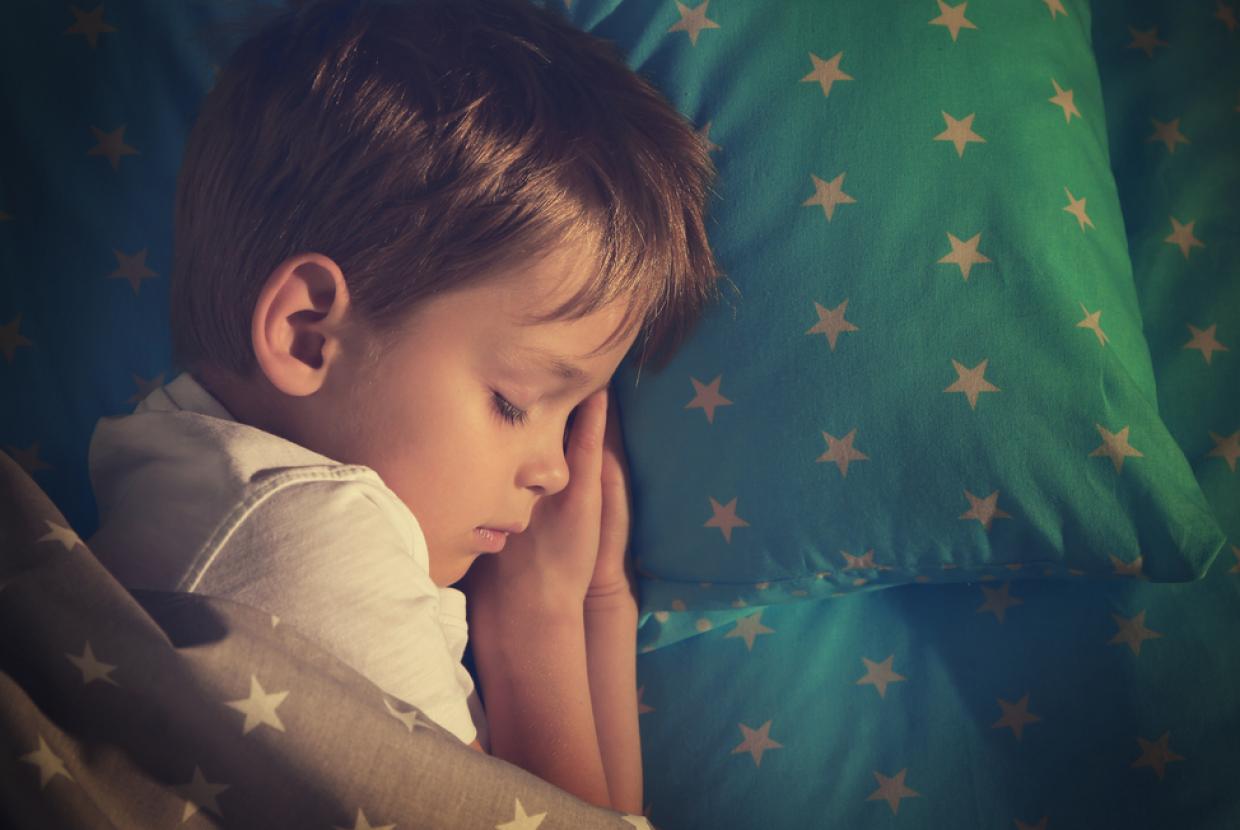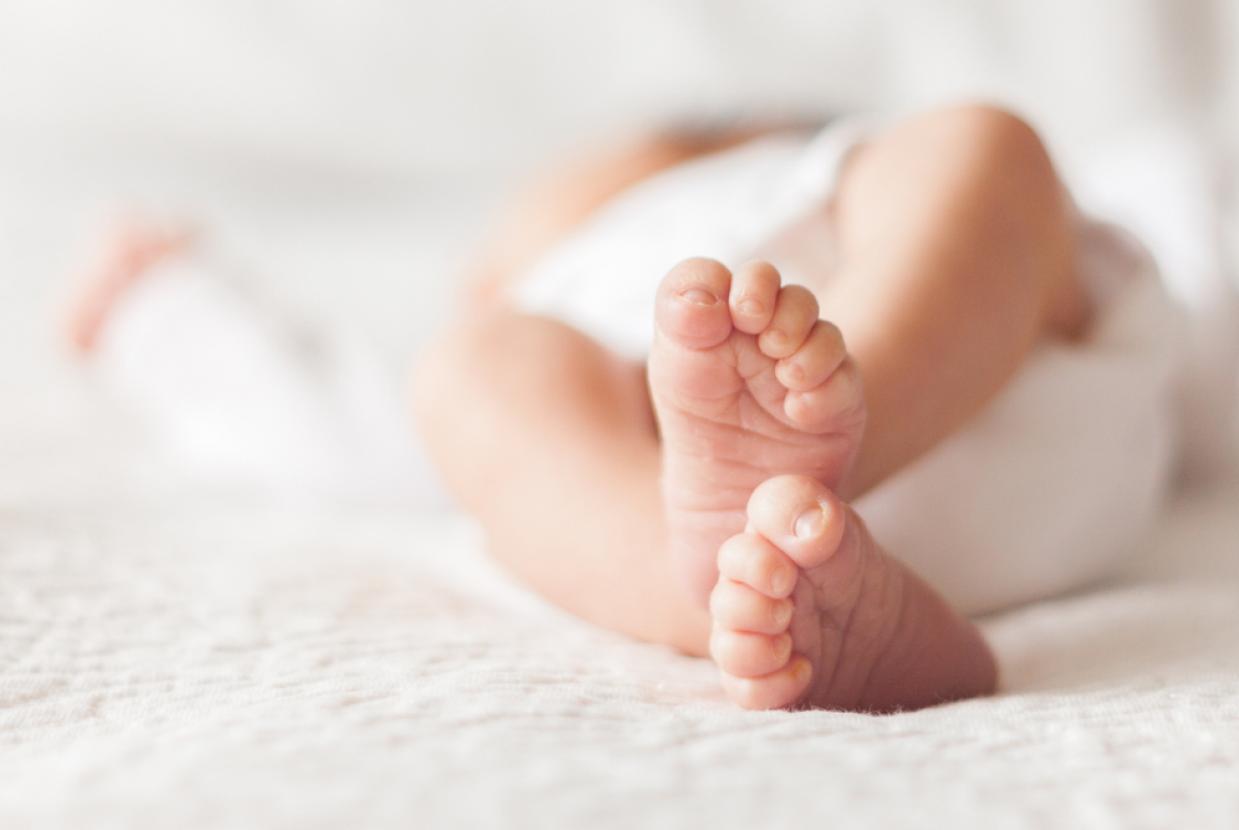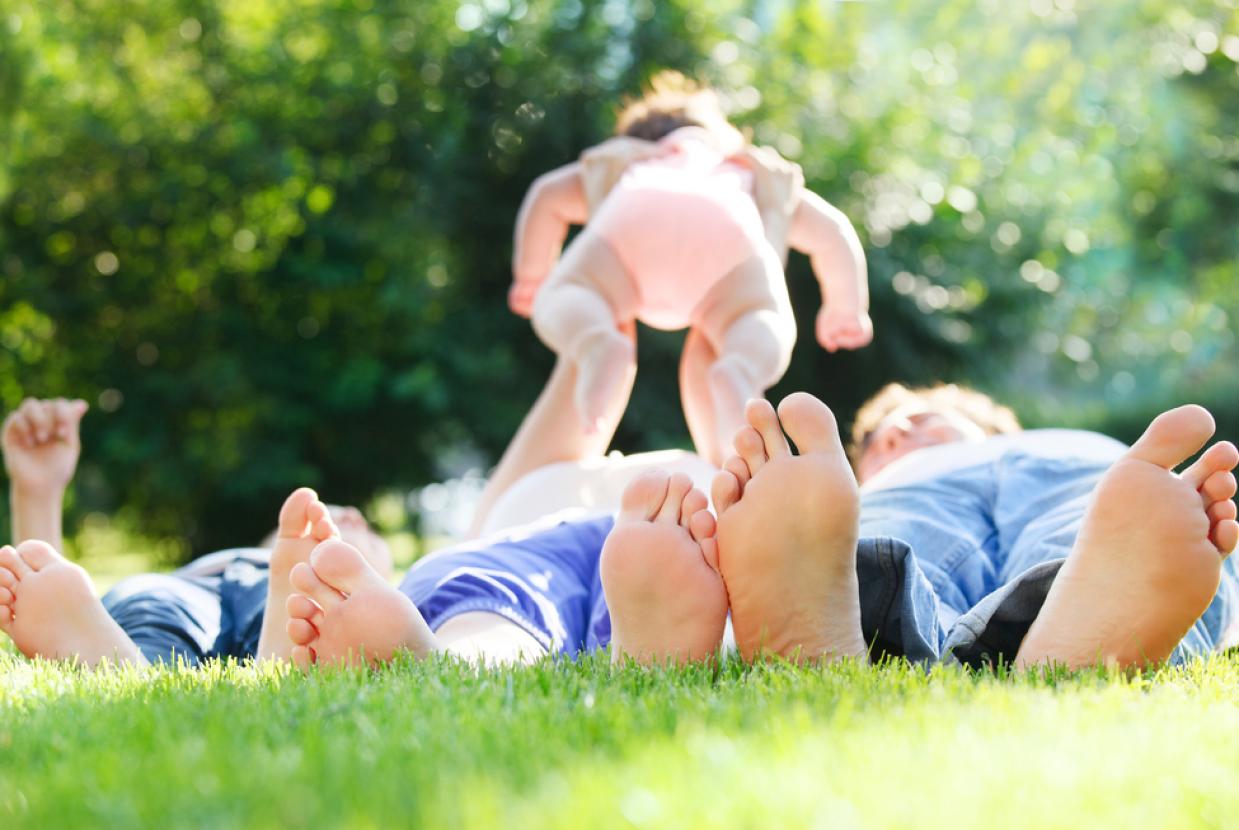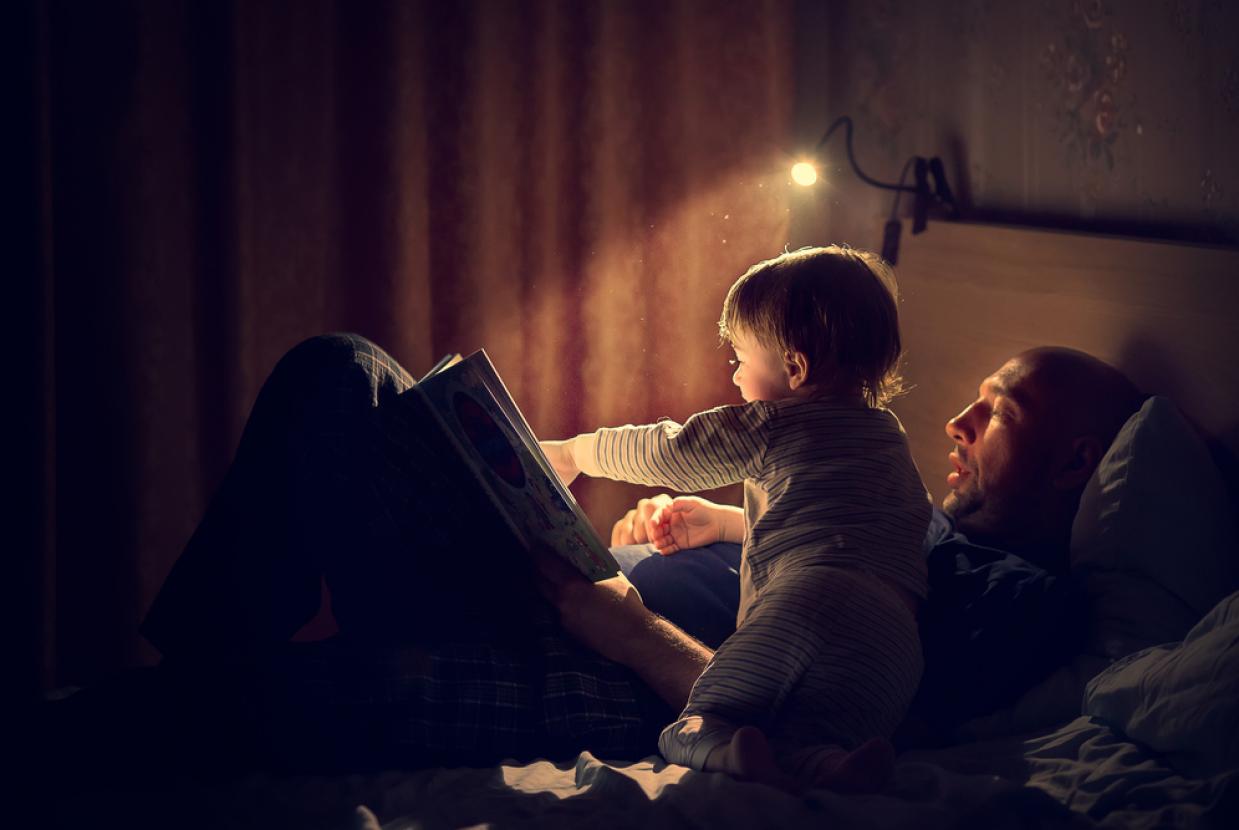Bedtime Routines
A bedtime routine is important in getting a good night’s sleep. A routine helps to support children’s body clocks and aid relaxation. Consistency is key, sometimes sleep patterns may get worse before they get better. It is not uncommon to think that a new routine isn’t working but it’s important to stick to it for at least two weeks in order to see results.
Here are some helpful tips to create a good routine:
Take some time to plan your routine and write it down. Work out what time it will start and ideally this should be an hour before your child goes to sleep. Display the new routine somewhere where everybody in the home can follow it eg. stick it on the fridge or on a bedroom door.
Do the same thing at the same time each day, including having a set wake up time each morning. We know this is difficult at the weekend, but it is important to have these set times to support your child’s body clock.
Turn off all screens at the start of the routine. They may suppress the body’s production of melatonin, the sleep hormone, and make it more difficult to nod off.
Consider whether having a light supper time snack in the routine would be helpful – we have a tip sheet all about sleepy food.
Dim the lights in the hour before bed to encourage the production of melatonin, this will help to promote that sleepy feeling.
Younger children may enjoy a bedtime box, filled with a selection of activities to carry out during the routine. Hand eye co-ordination activities such as jigsaws, colouring and threading are great for promoting relaxation. Older children may prefer to read, play a board game or take part in a craft activity.
A bath 30 minutes before bed can help to promote sleep, the decrease in body temperature after a bath can help us to nod off more easily.
Once in bed sharing a story is a great way to end the day or older children may prefer to read independently.
Sample Bedtime Programme
7.00pm
Dim lights, turn off all screen activity
7.05pm
Calming activity using child’s interest. Hand eye co-ordination activities are good. Colouring/drawing/cutting and sticking/jigsaws/bricks
7.15pm
Supper time with sleepy foods
7.30pm
Upstairs for bath time (if this is appropriate) alternatively massage/mindfulness activities. Pyjama’s on from radiator if no bath.
8.00pm
Hugs and Kisses (Keep these to the same length each night) say it’s sleep time. If child gets up follow steps for either gradual retreat/rapid return depending on strategy being used. Stay calm. No eye contact and no conversation. Only use set phrase (It’s sleep time).


